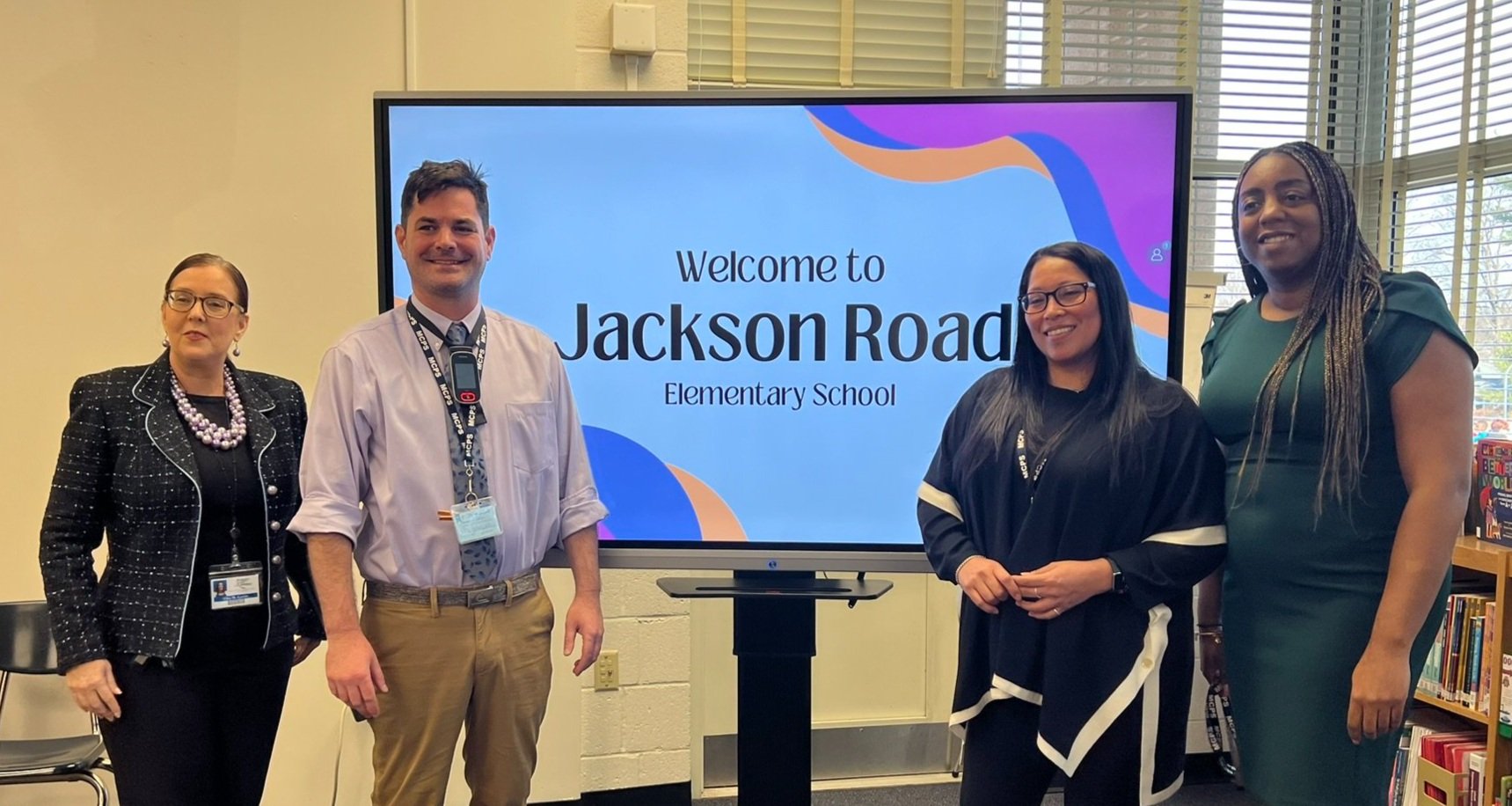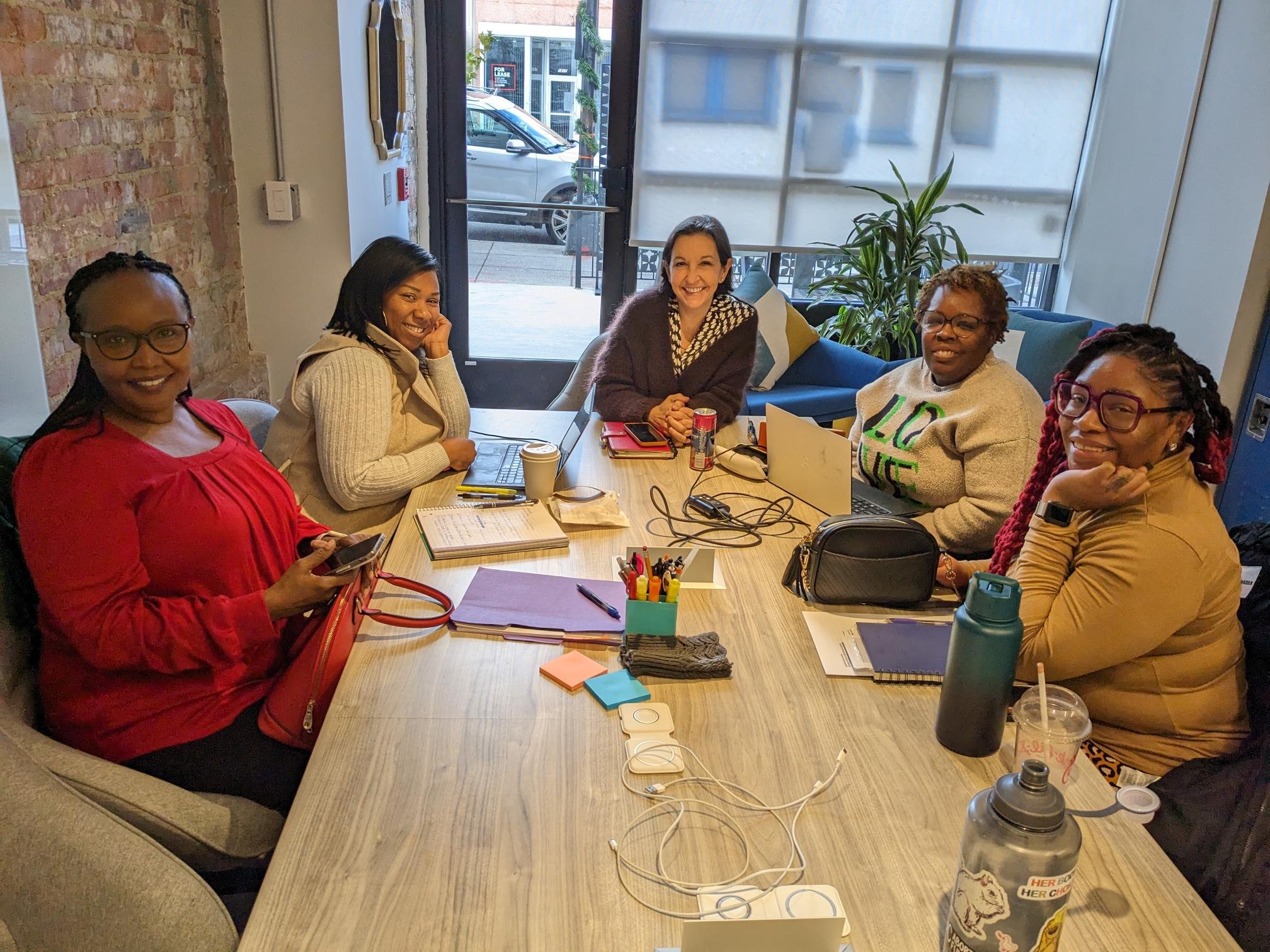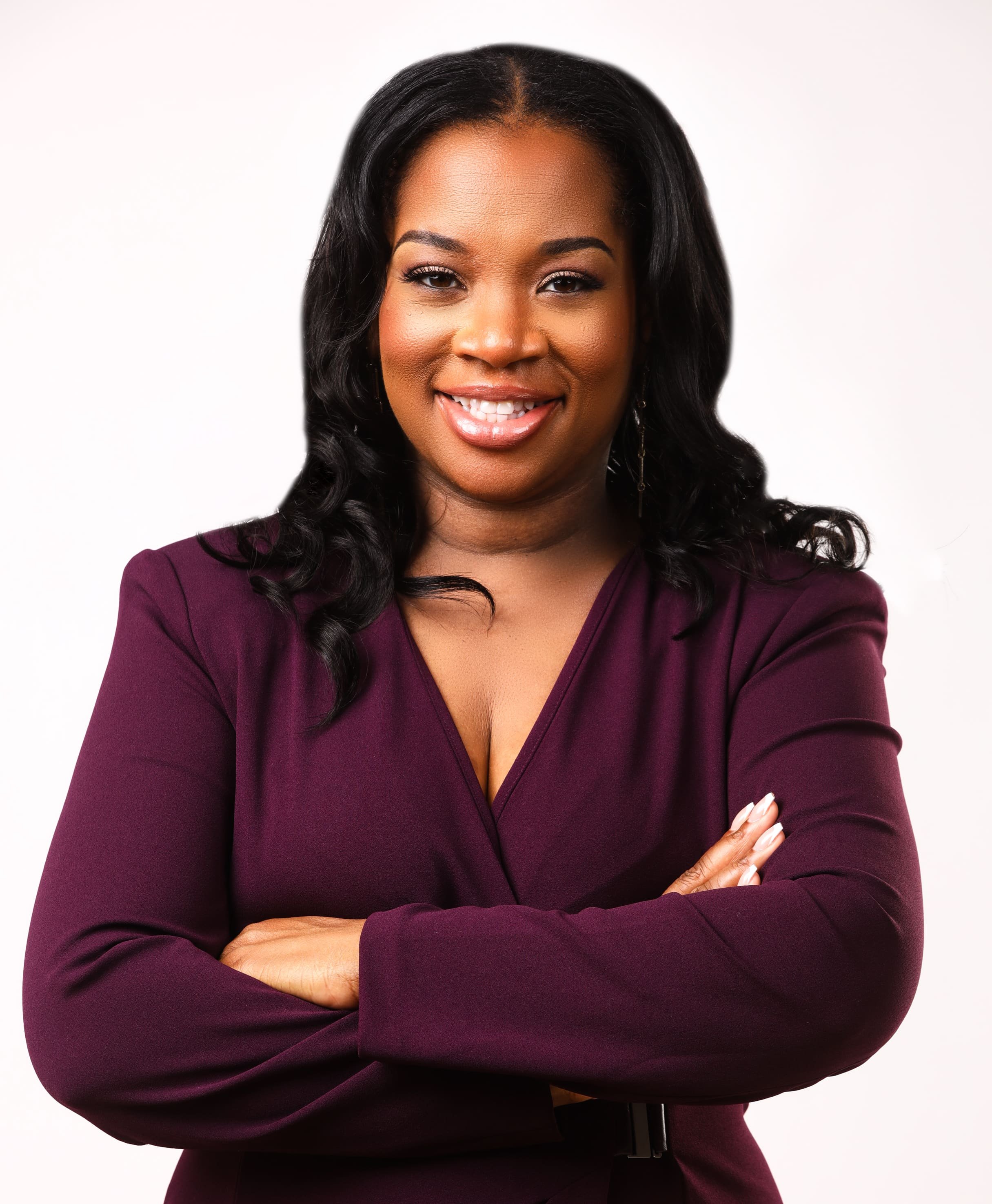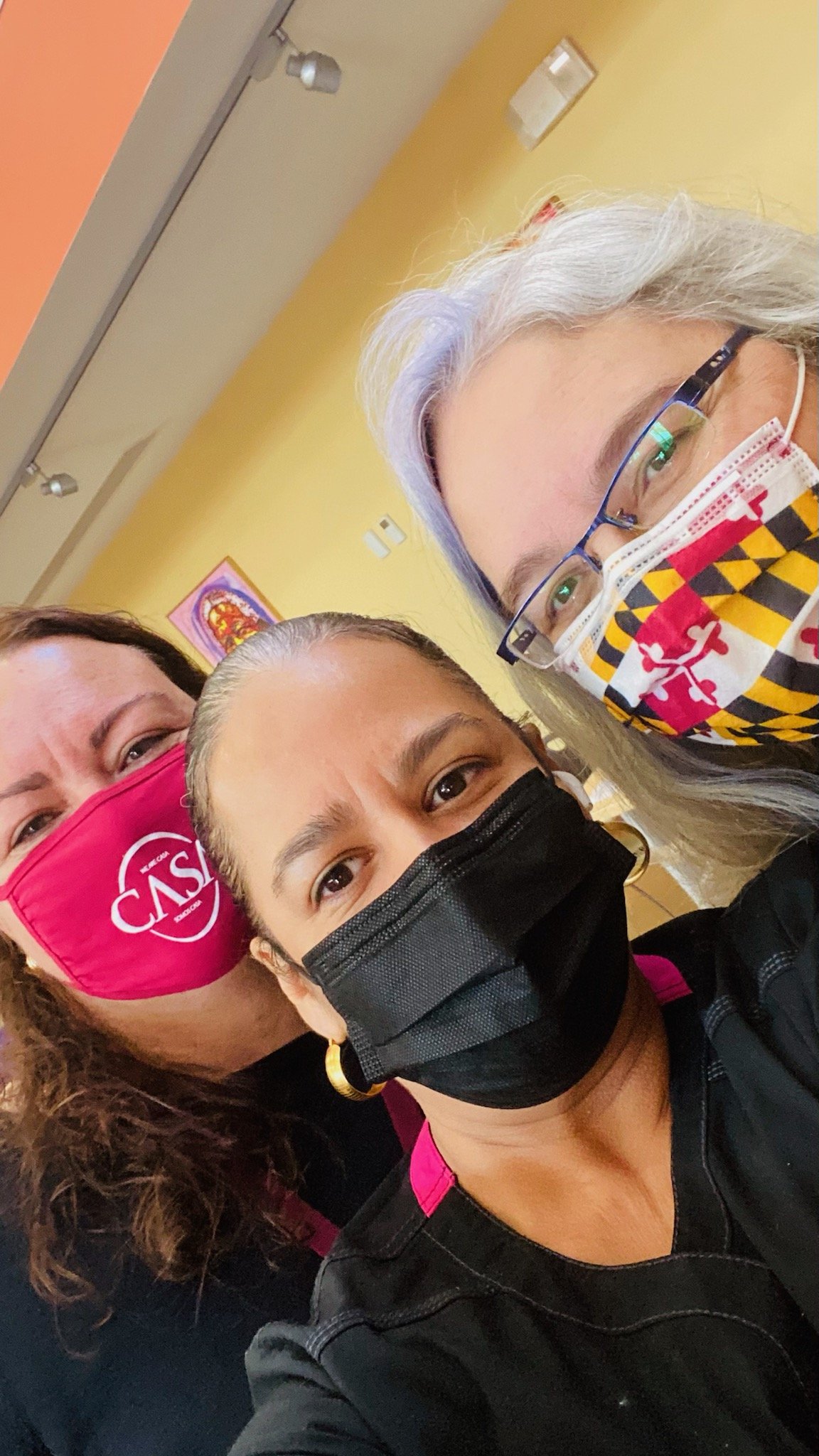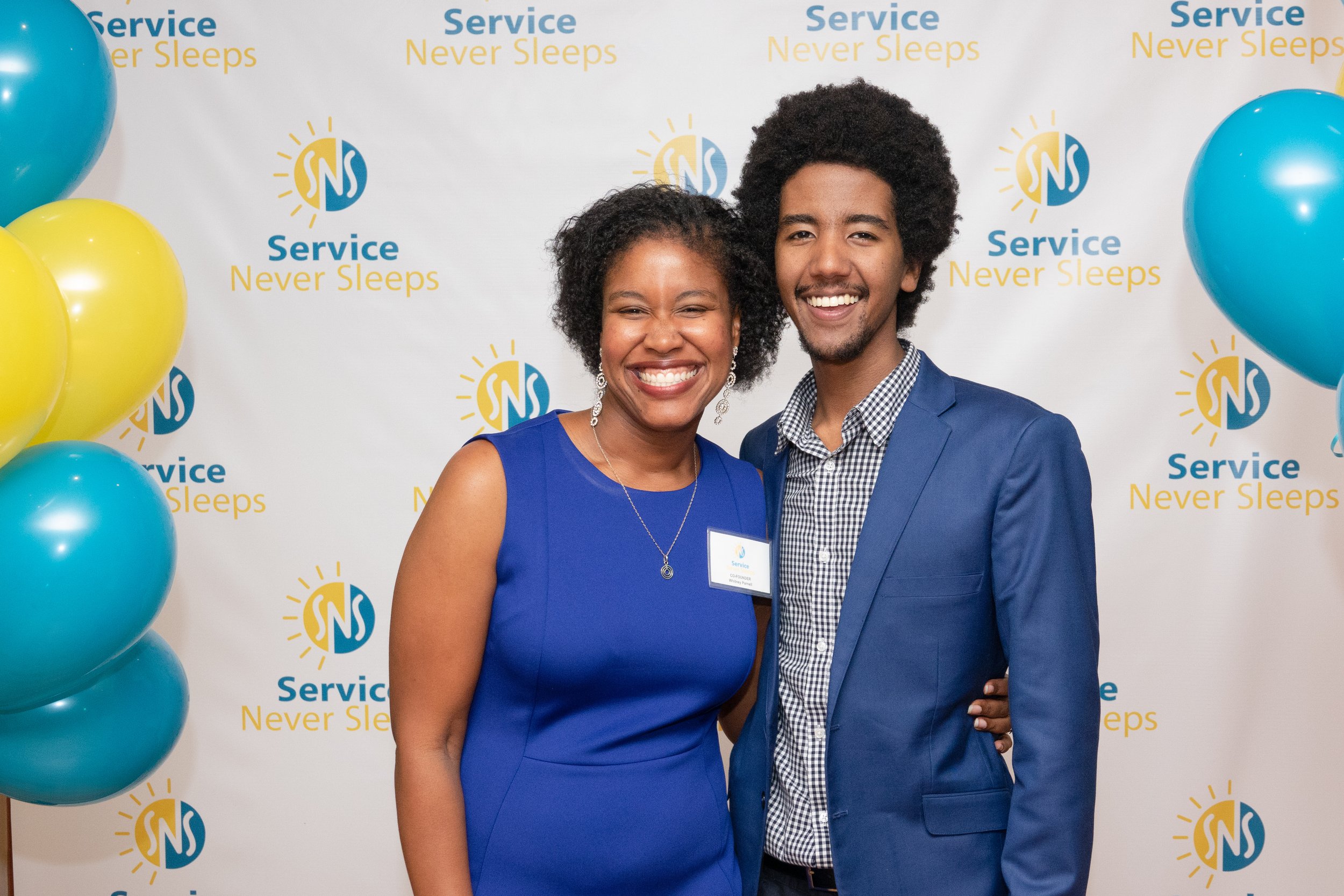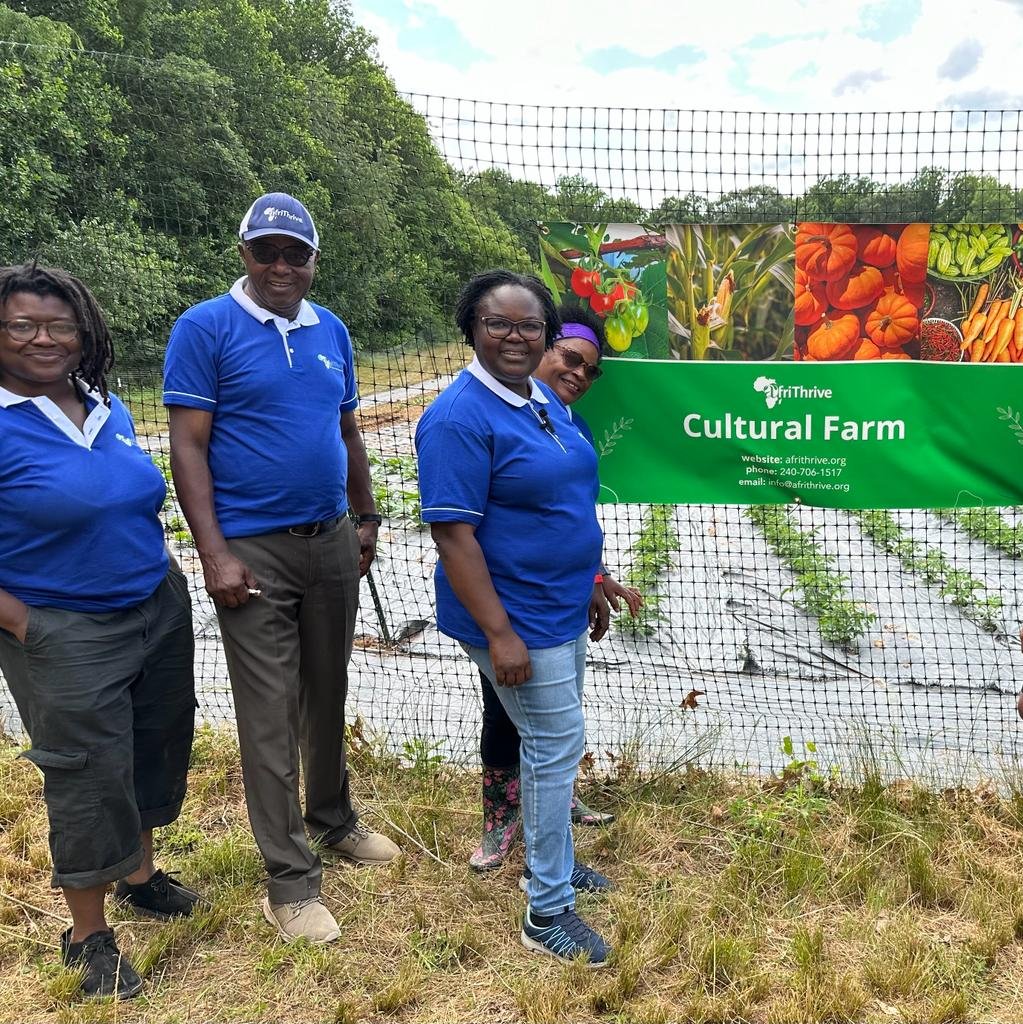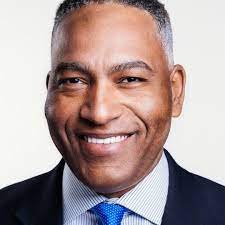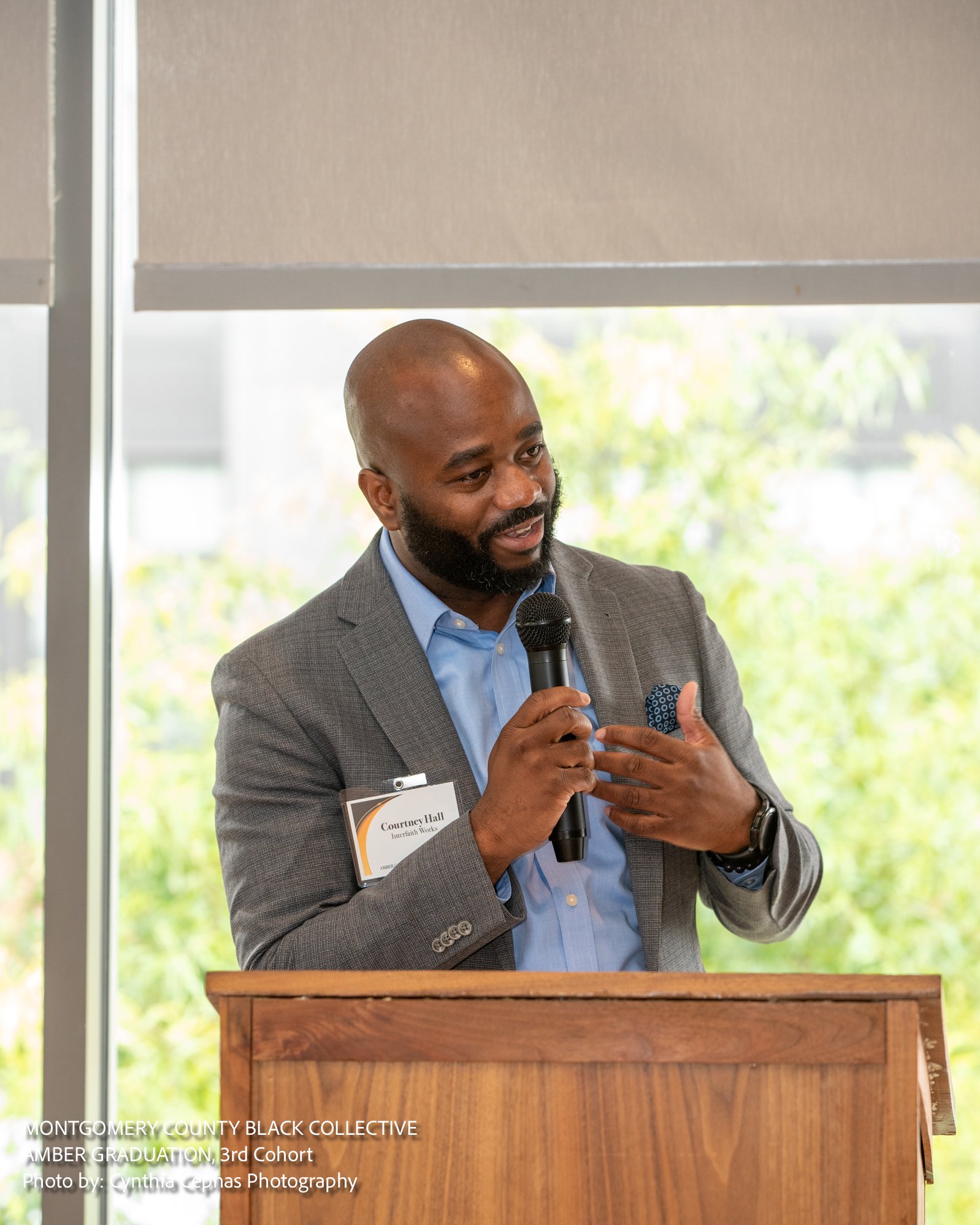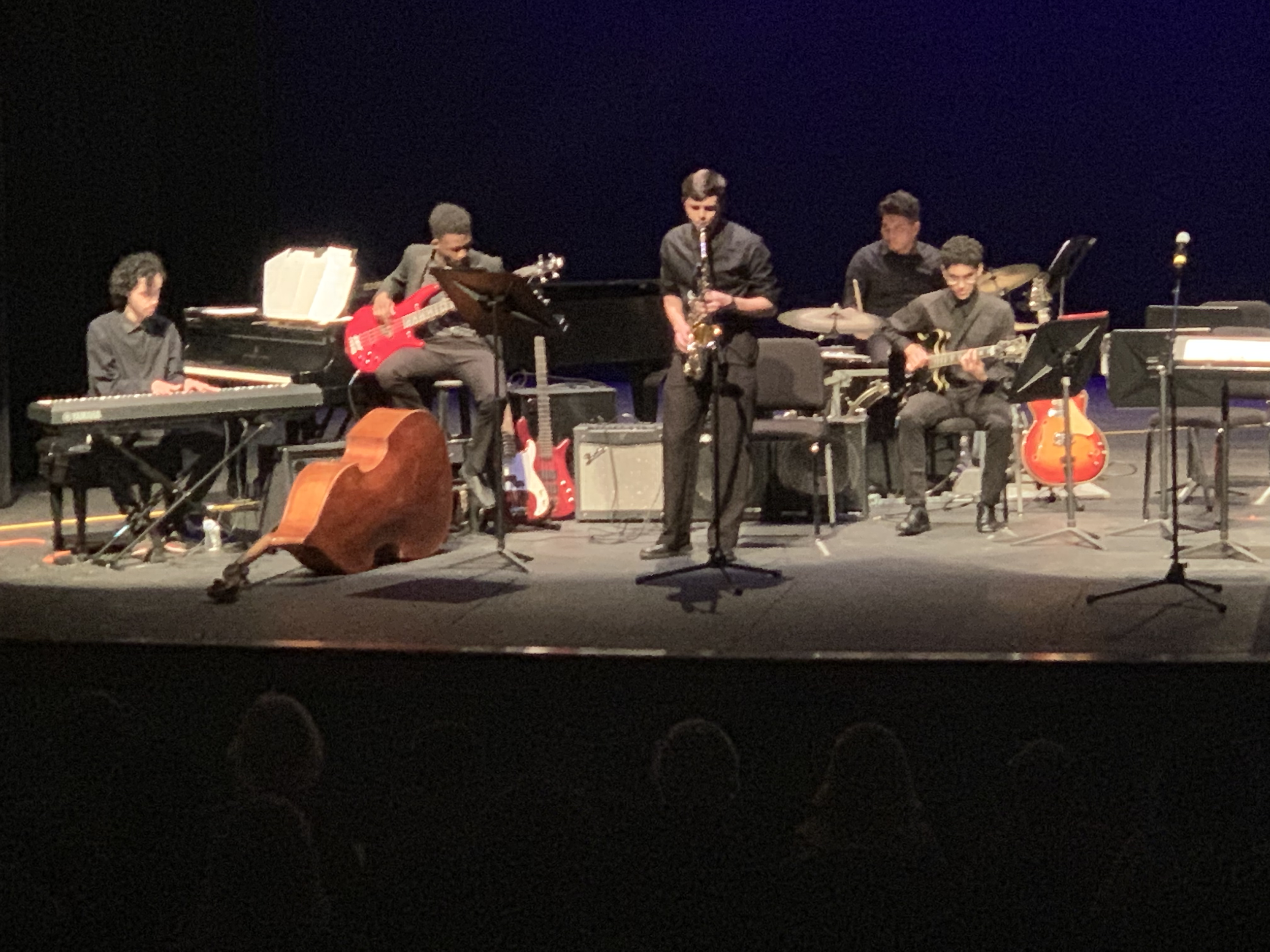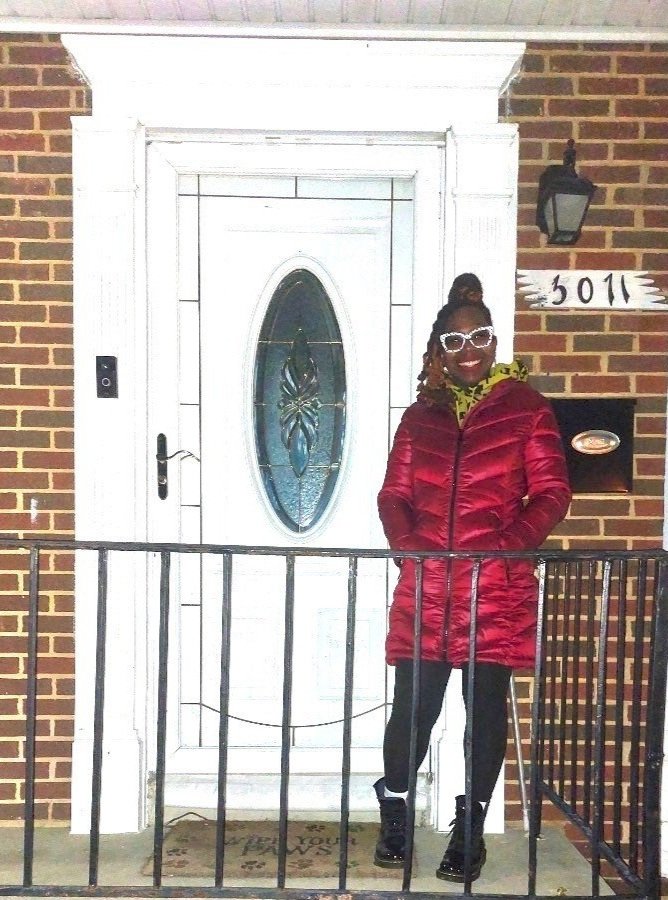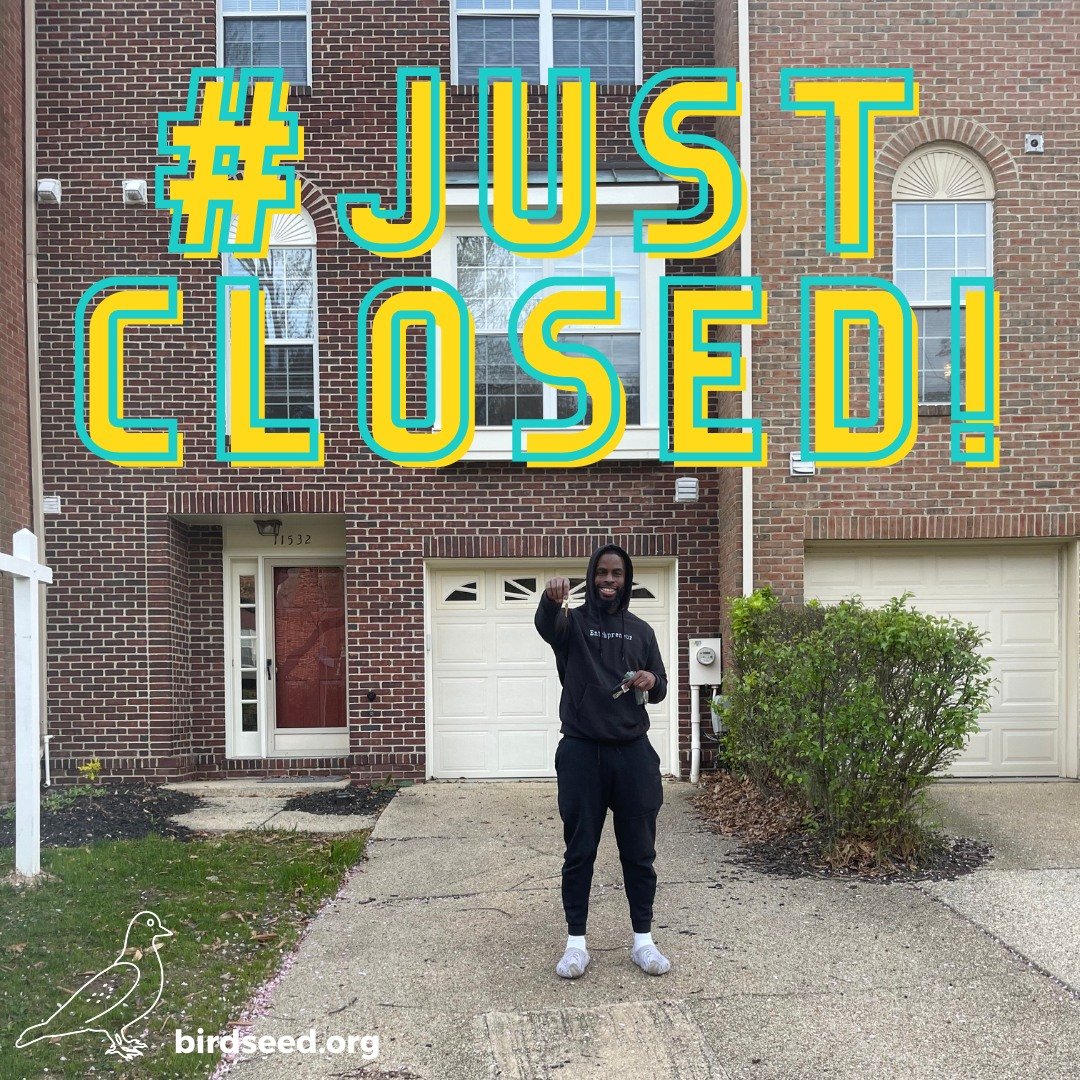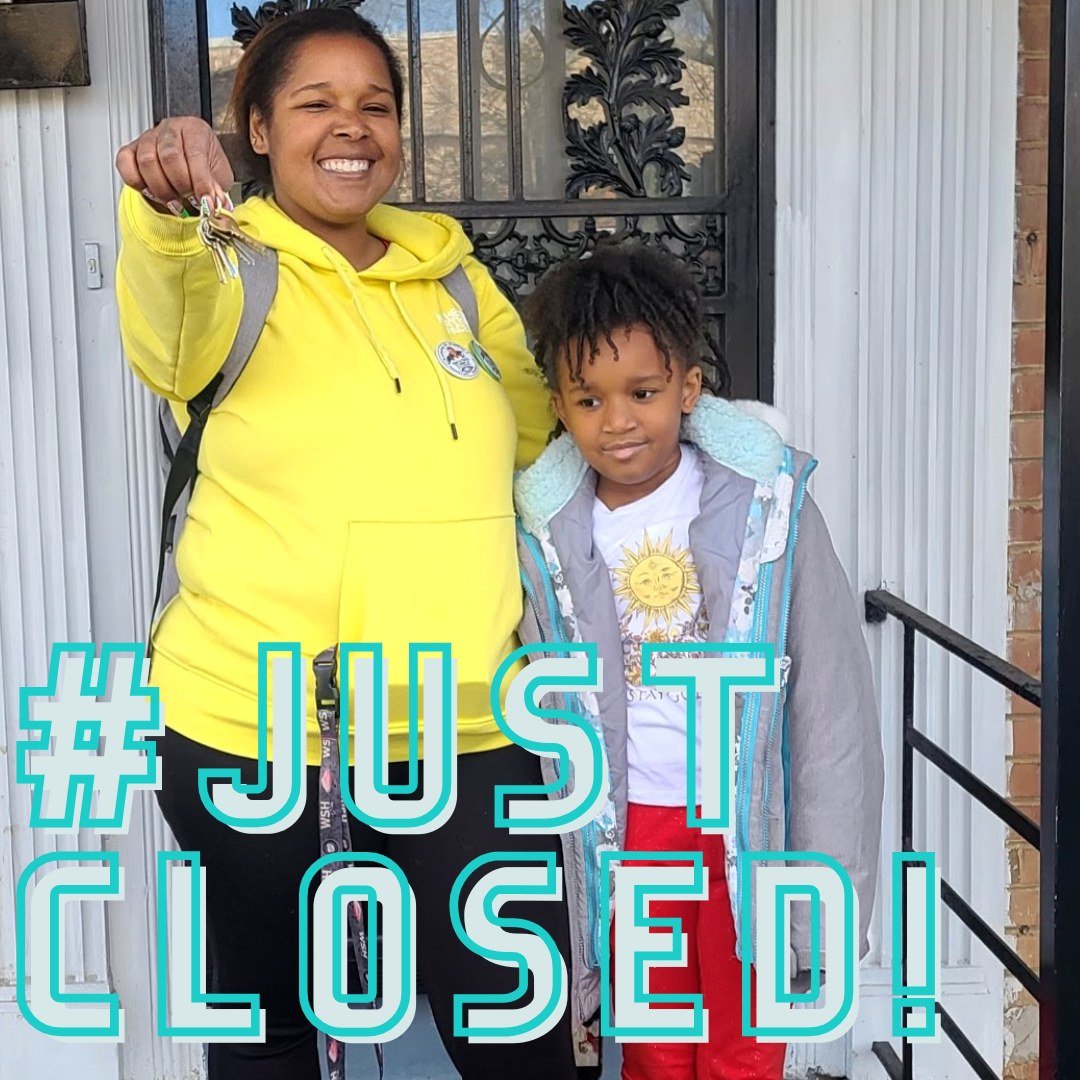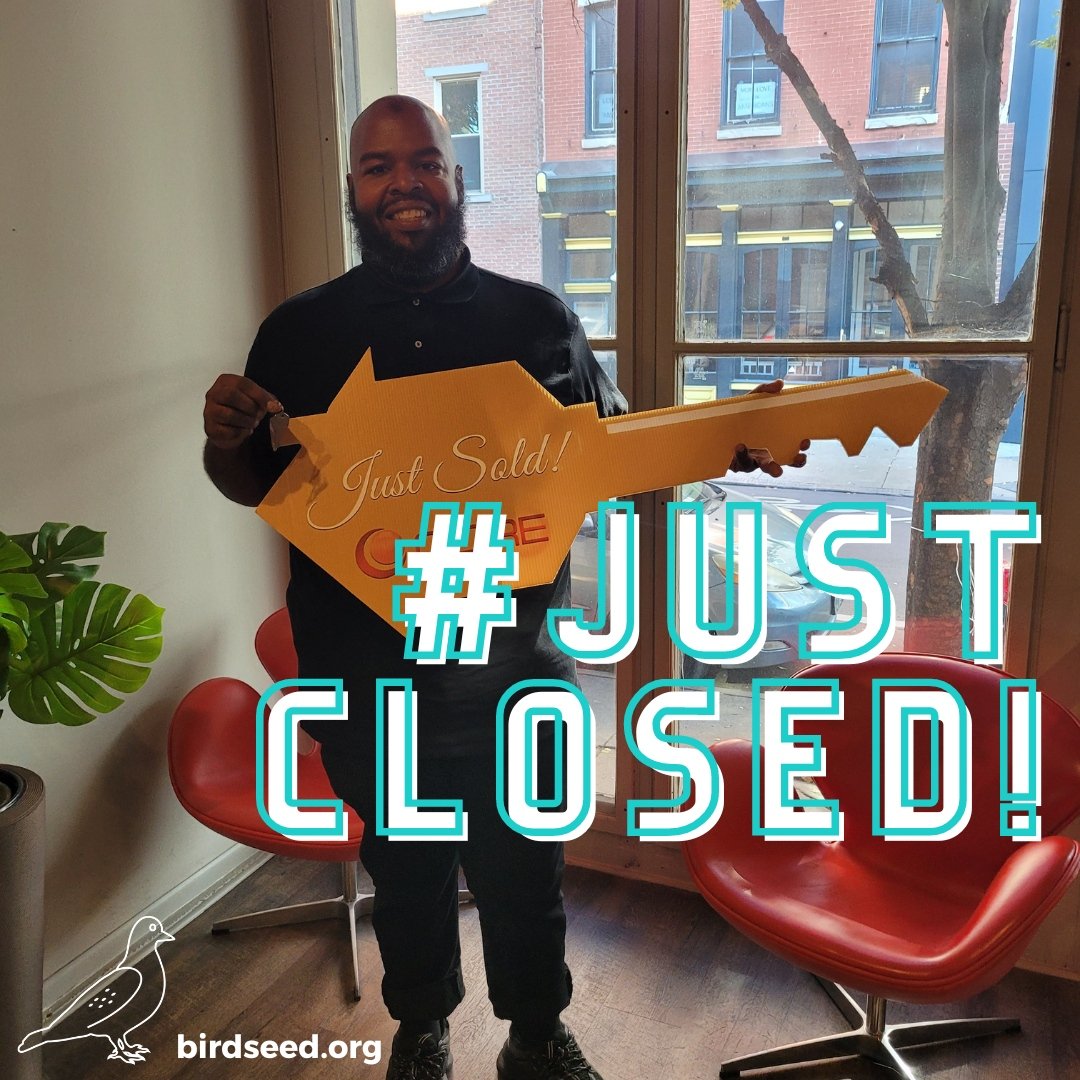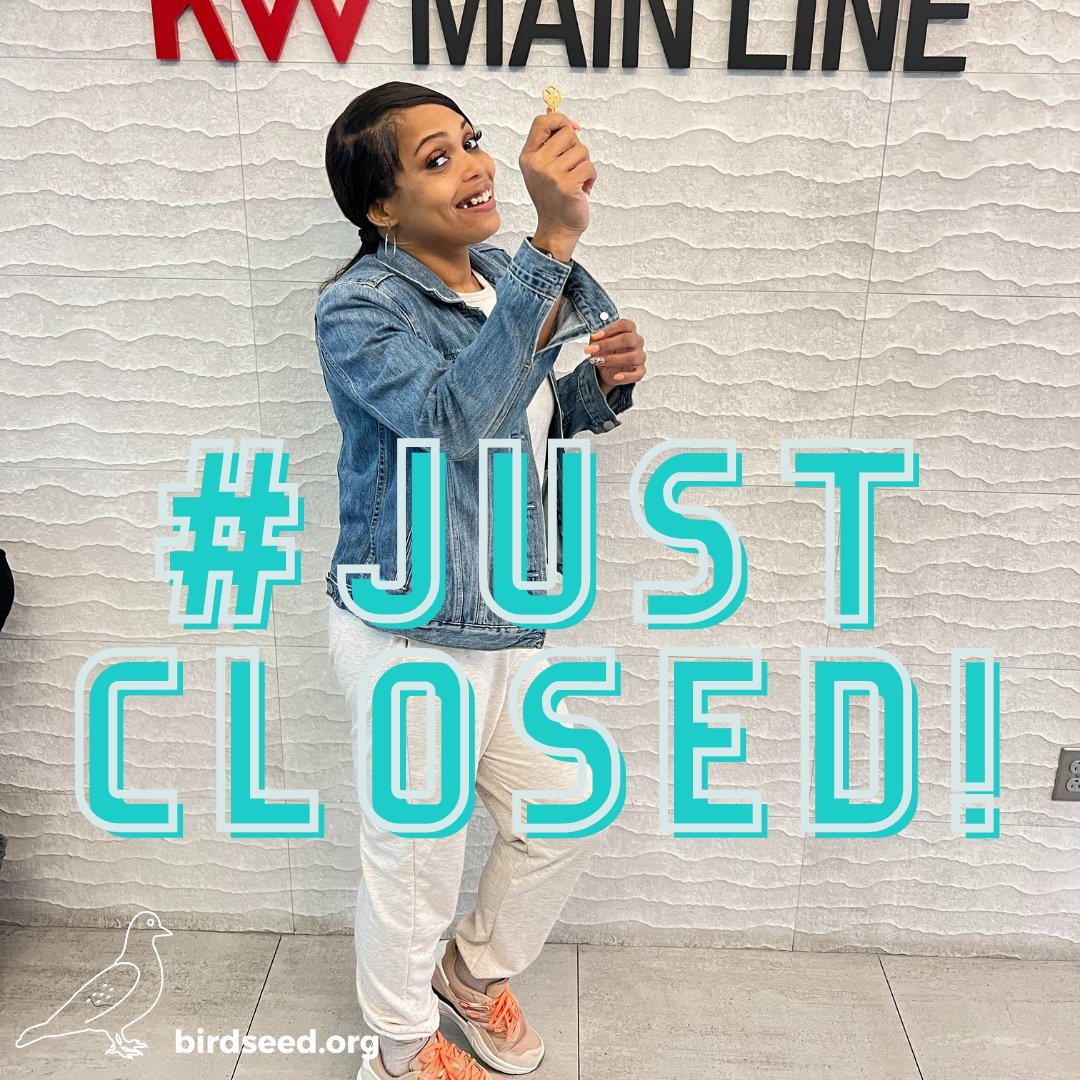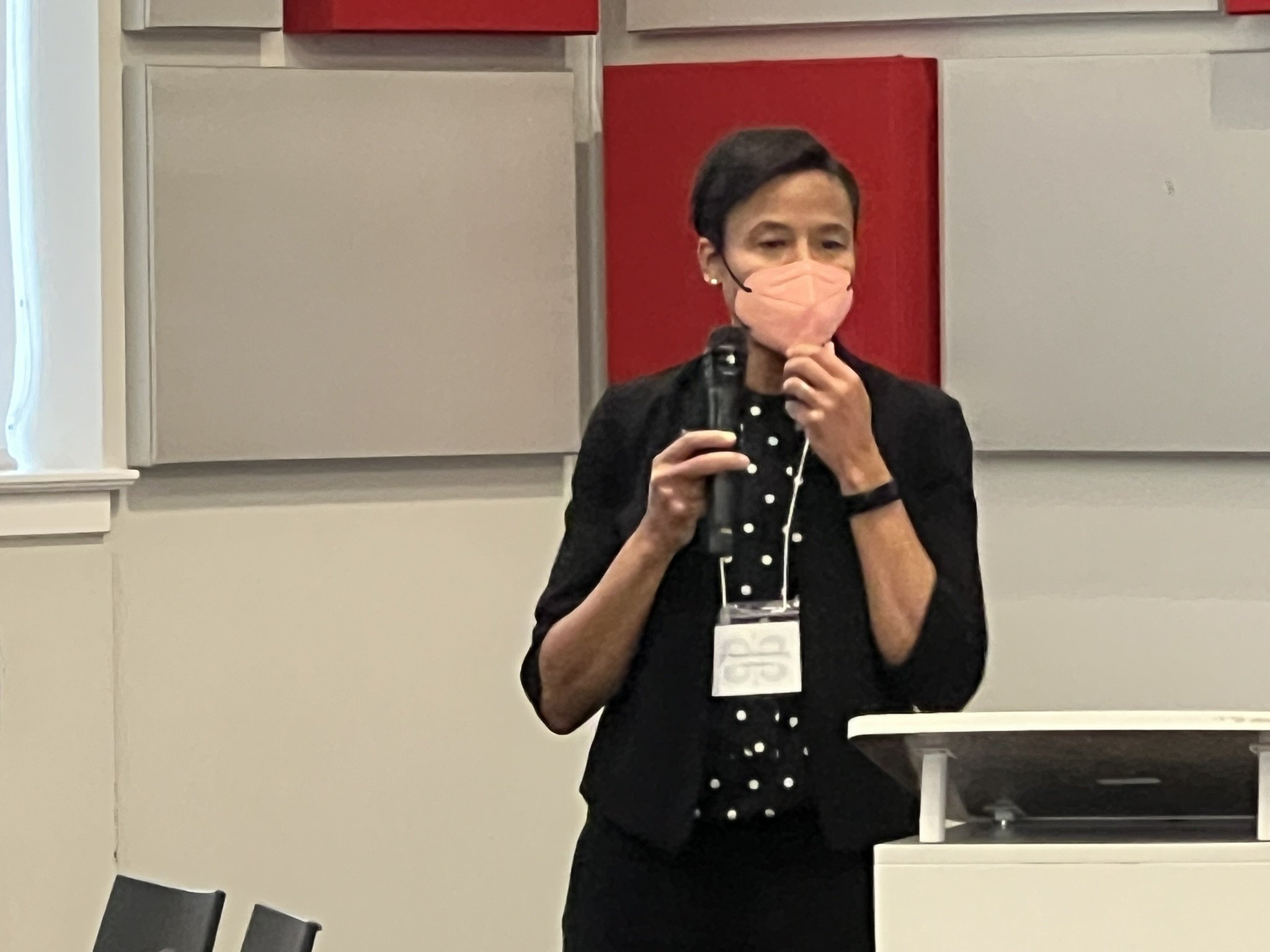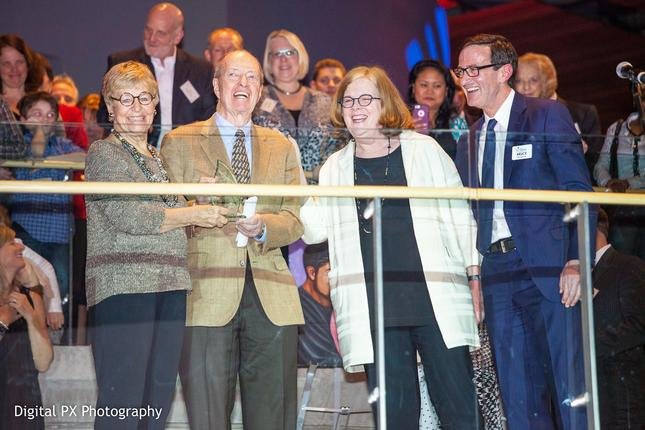On March 21, The Community Foundation honored Alex Orfinger with the 2024 Spirit of Philanthropy Award, as part of the Celebration of Philanthropy at the National Building Museum. The event raised more than $500,000 towards building a stronger community in the Greater Washington region.
The evening began with a special reception for members of the host committee and a group of supporters affectionately known as FOA (‘Friends of Alex’) to gather and mingle to share their congratulations with Alex.
Guests heard special remarks from Host Committee Member, Mahan Tavakoli, CEO of Strategic Leadership Ventures. Mahan served with Alex on the Board of Trustees of Leadership Greater Washington – one of many organizations that Alex has leant his time and leadership talents to. He also Chaired the Board of Directors at Jubilee Housing and served as Secretary of the Board of Directors for The Community Foundation.
“We are at a critical stage in our community where we need community leaders to stand up and guide our community into the future,” Alex shared in his remarks.
“We’re all standing together tonight,” Alex spoke to the standing-only crowd at the reception. “We all need to stand together into the future.”
After that, more than 400 guests joined the celebration in the vast hall of the National Building Museum for a special program.
Richard Bynum, Chair of The Community Foundation’s Board of Trustees kicked off the program and introduced Tonia Wellons, President & CEO of The Community Foundation, who delivered some brief remarks.
During her remarks, Tonia shared her optimism for the future and some of the exciting partnerships The Community Foundation has engaged in this past year -- including the launch of Thrive Prince George’s and upcoming release of the VoicesDMV Community Insights Report. She also celebrated the role that individuals like Alex have played in convening business, philanthropic, and nonprofit communities to examine the issues that are impacting the region and creating opportunities for shared responsibility and decisive action.
“At The Community Foundation, we have a unique role to play in bridging differences, fostering hope, and building community. This is what the spirit of philanthropy means to us.”
Following Tonia’s remarks, Lyles Carr, Senior Vice President of The McCormick Group and member of the Celebration of Philanthropy Host committee presented Alex with the 2024 Spirit of Philanthropy Award.
As the Publisher of the Washington Business Journal, Alex has long demonstrated his belief that what is good for business is also good for the greater community. For more than two decades, Alex has been a champion of collaboration, dedicated to developing relationships that strengthen the connection among business leaders and between the business and philanthropic communities.
Following a special tribute video, Alex sat down with Katherine Bradley, Founder and CEO of CityBridge, for a brief fireside chat, where they discussed aspects of Alex’s legacy and what he believes are the four focus areas for the future of the Greater Washington region.
Following the fireside chat, guests enjoyed an evening of food, fun, and entertainment provided by artists and nonprofit partners from across the region.
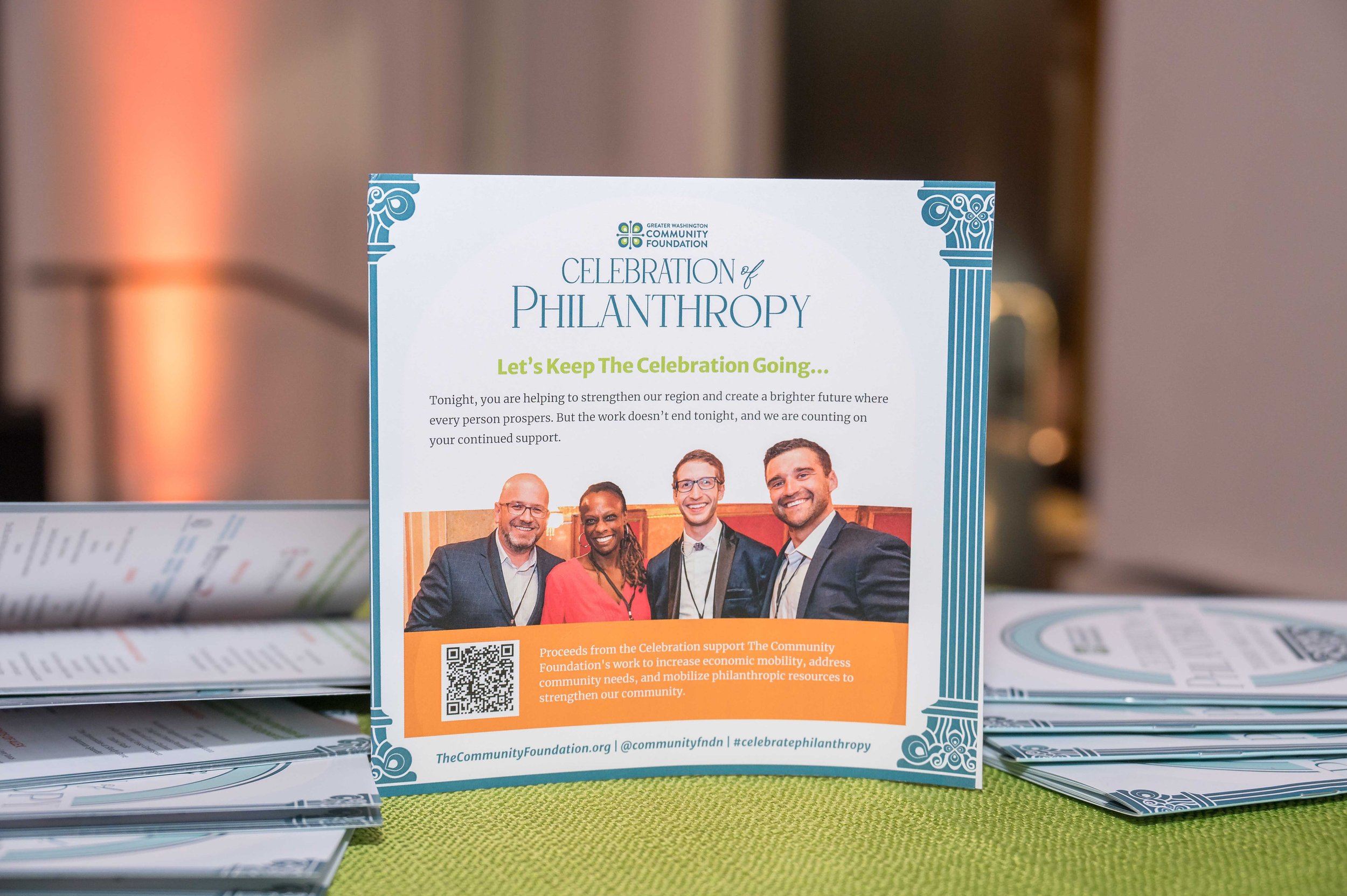
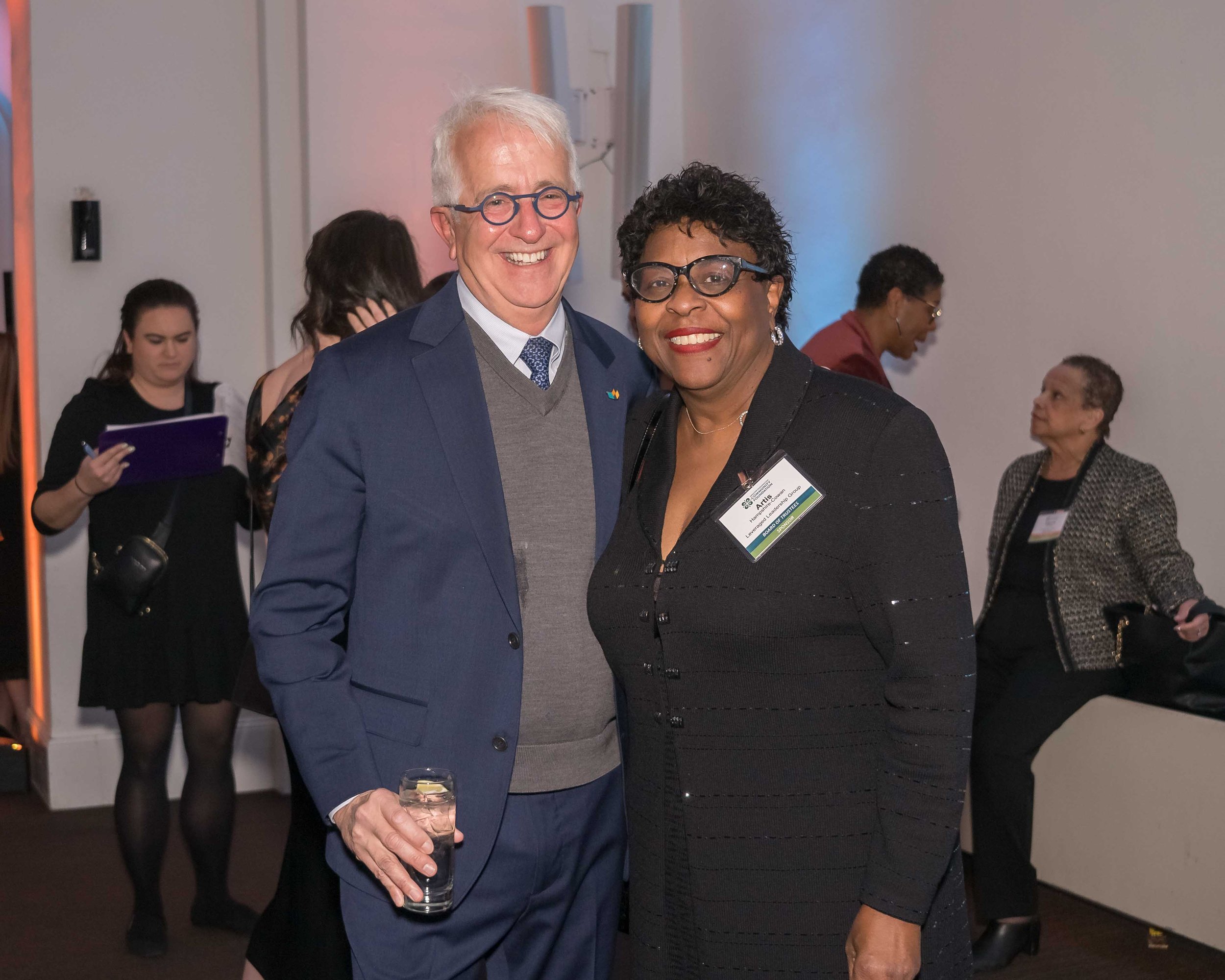
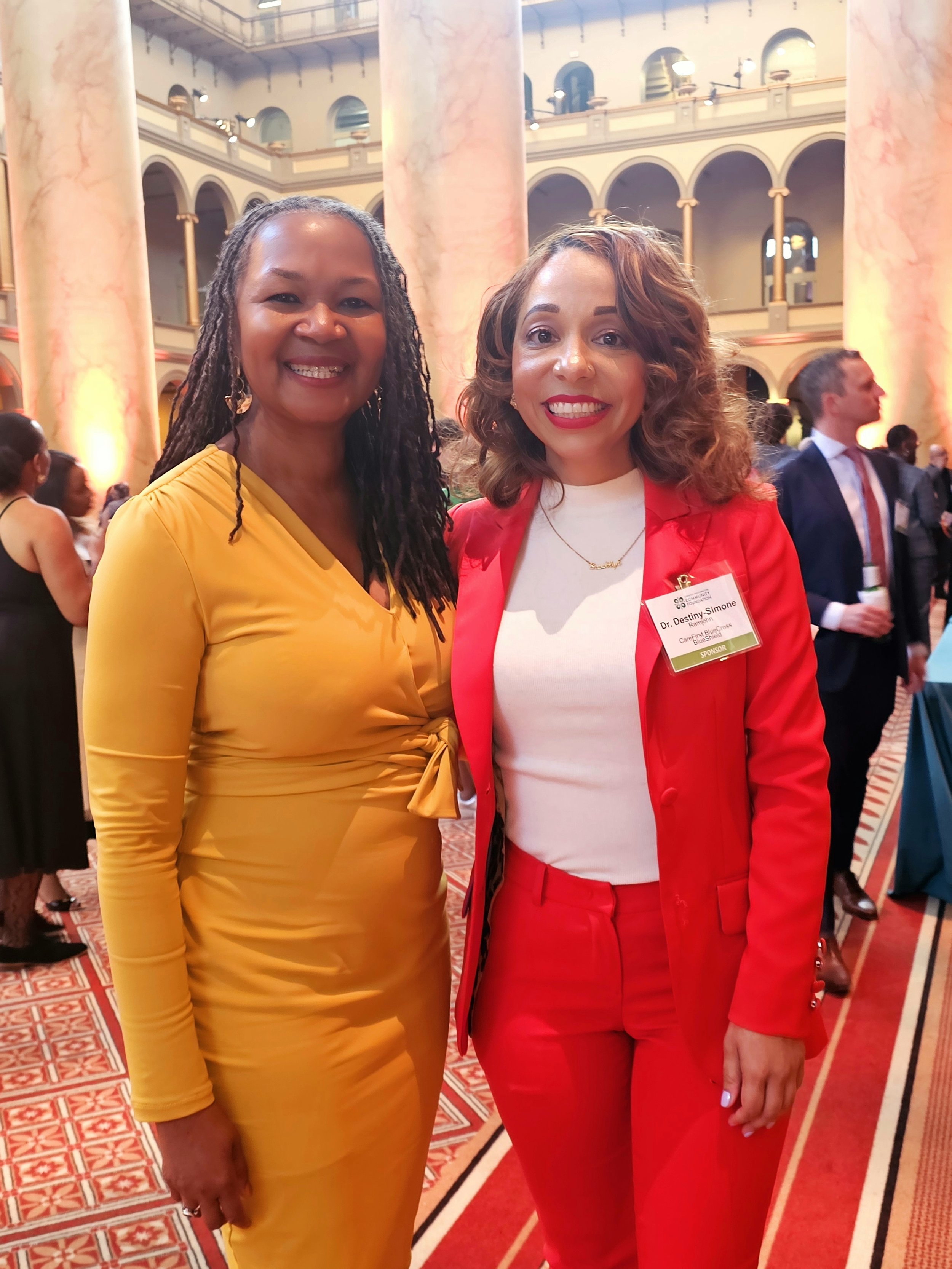
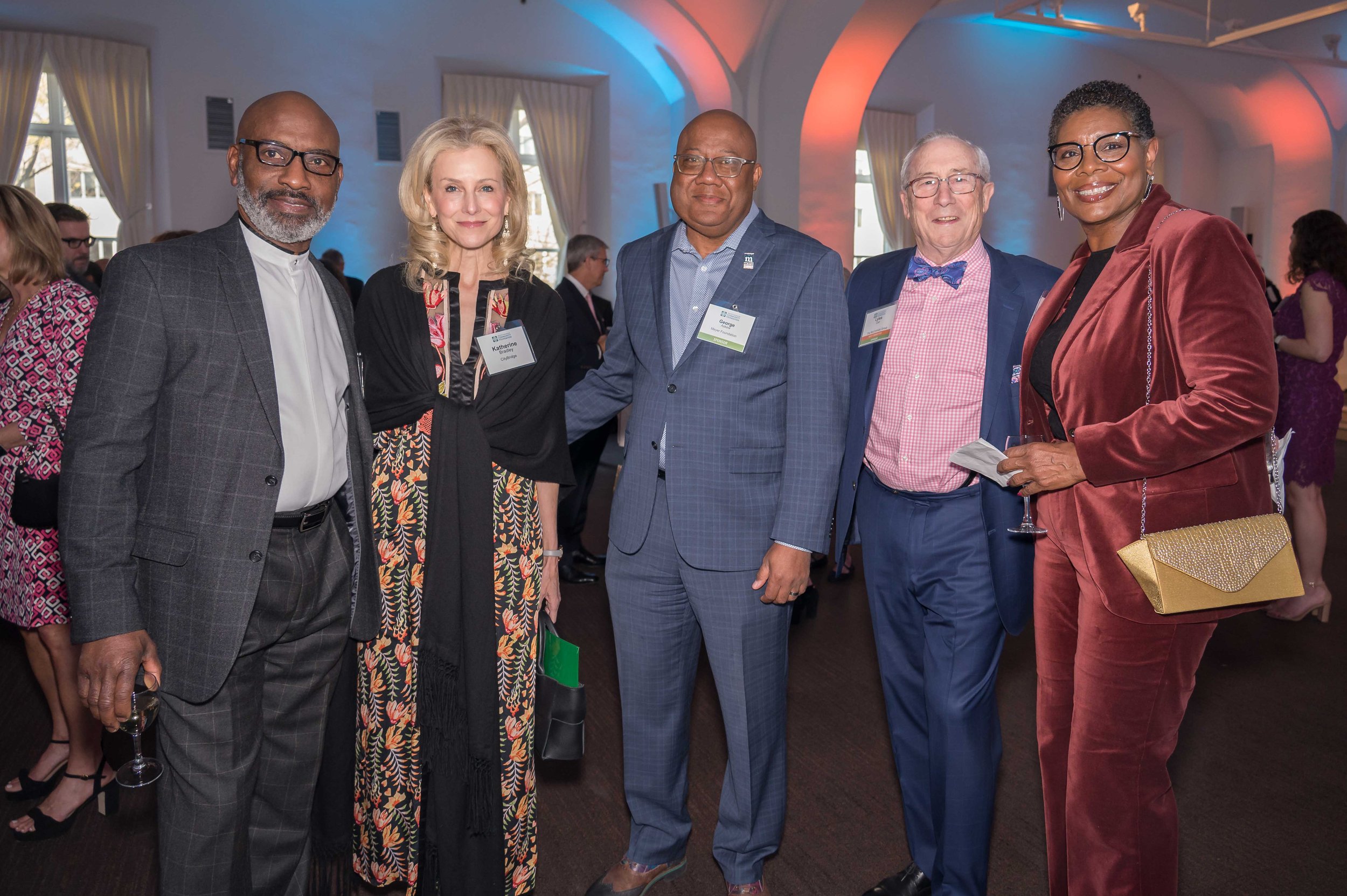
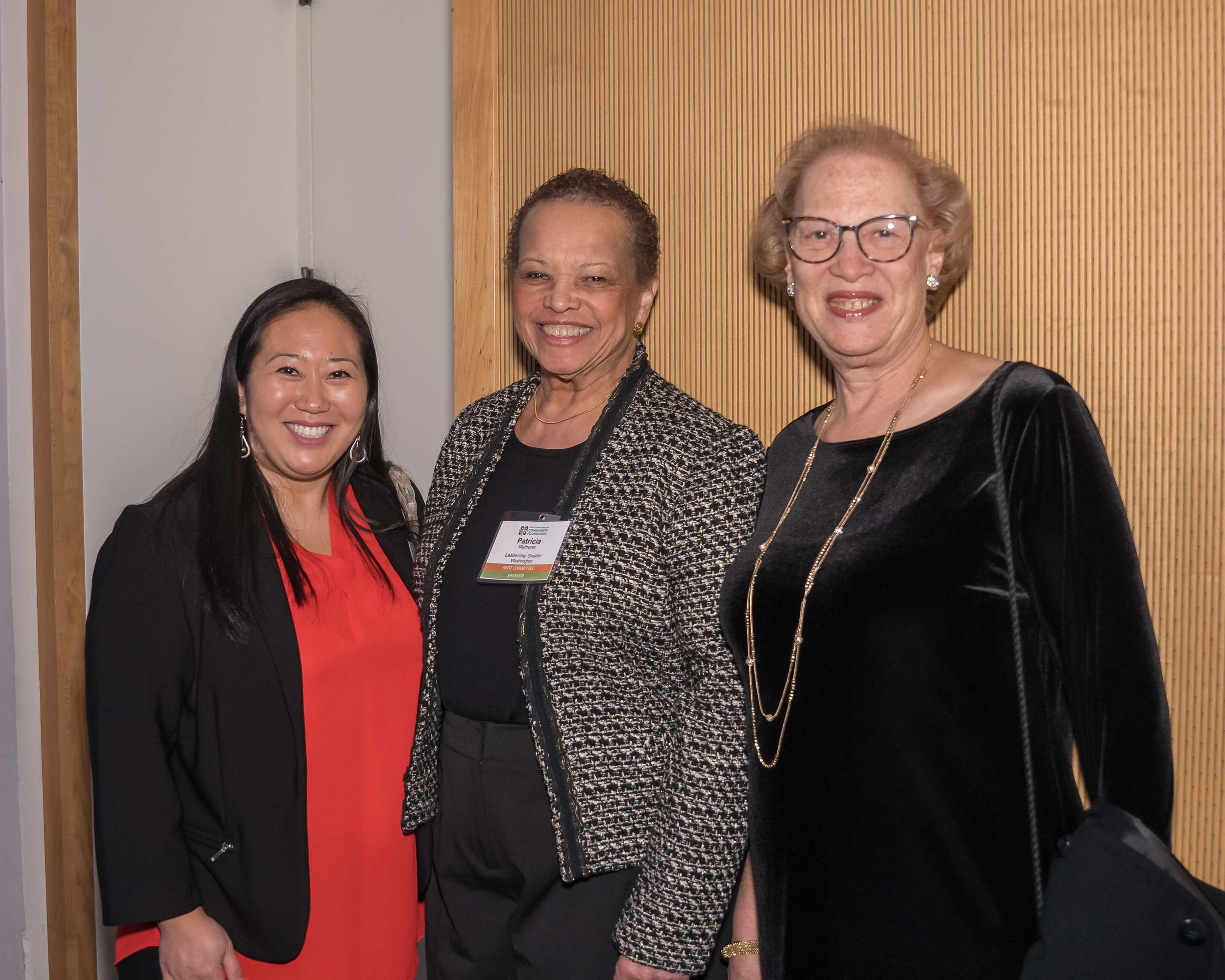
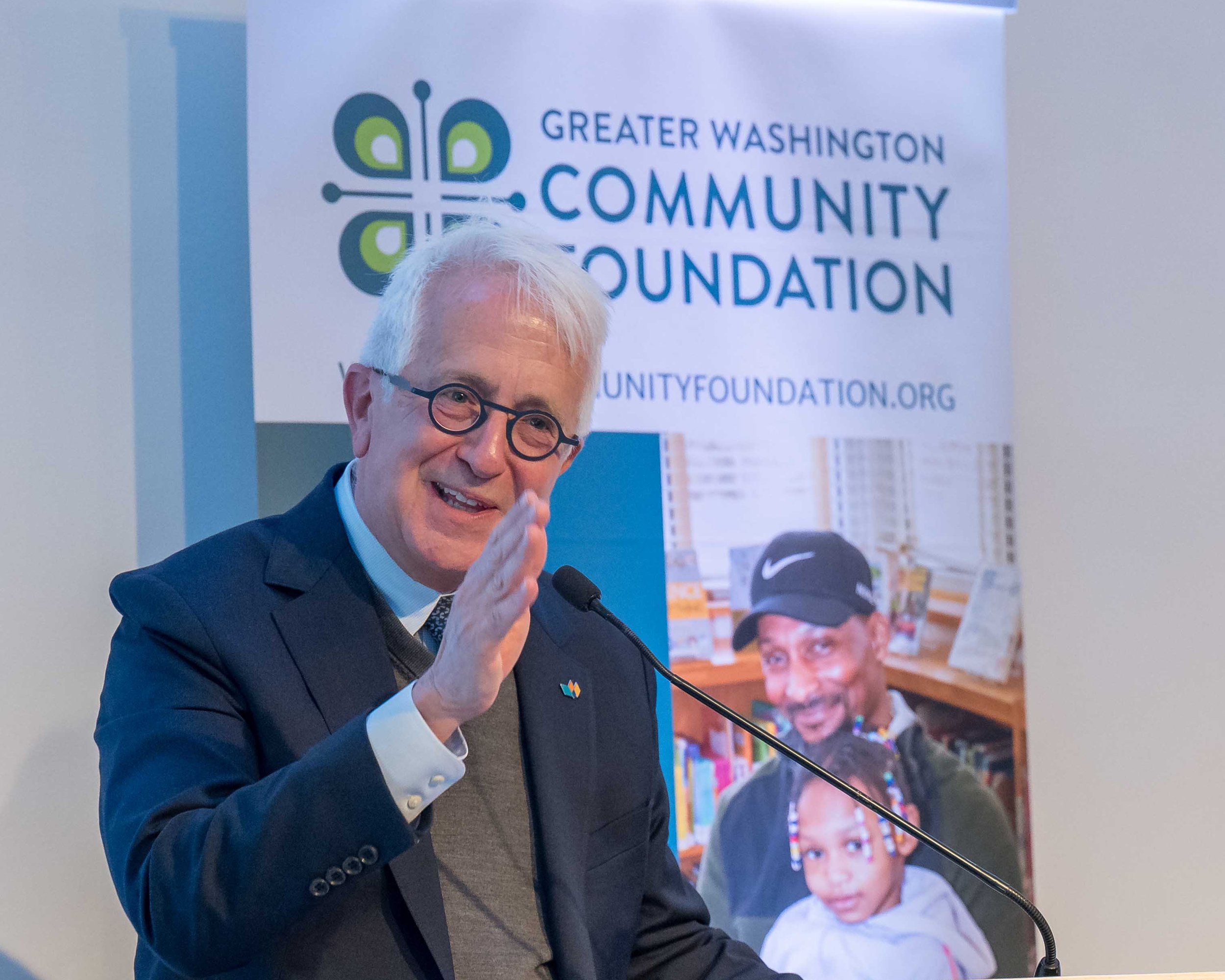
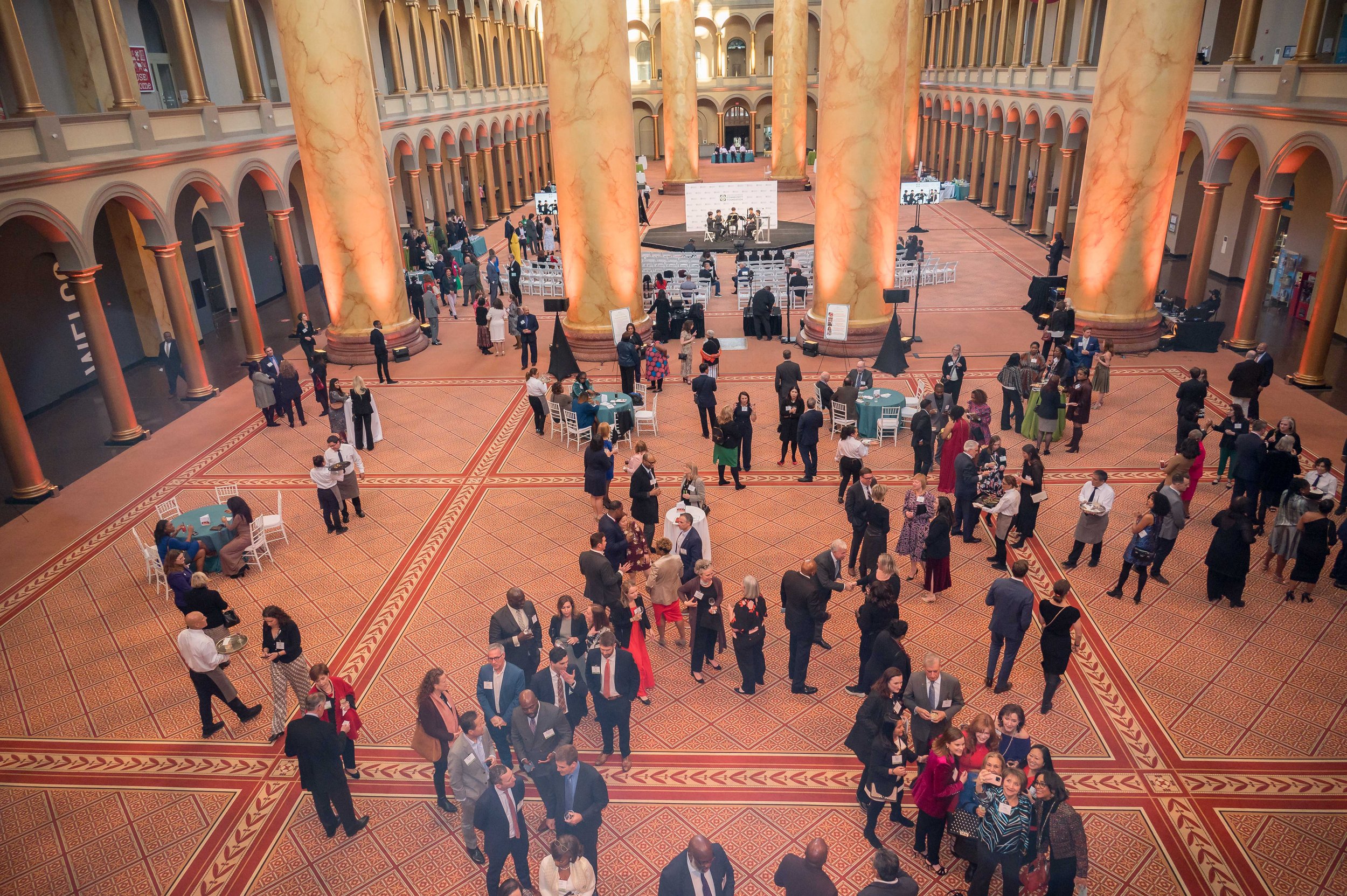
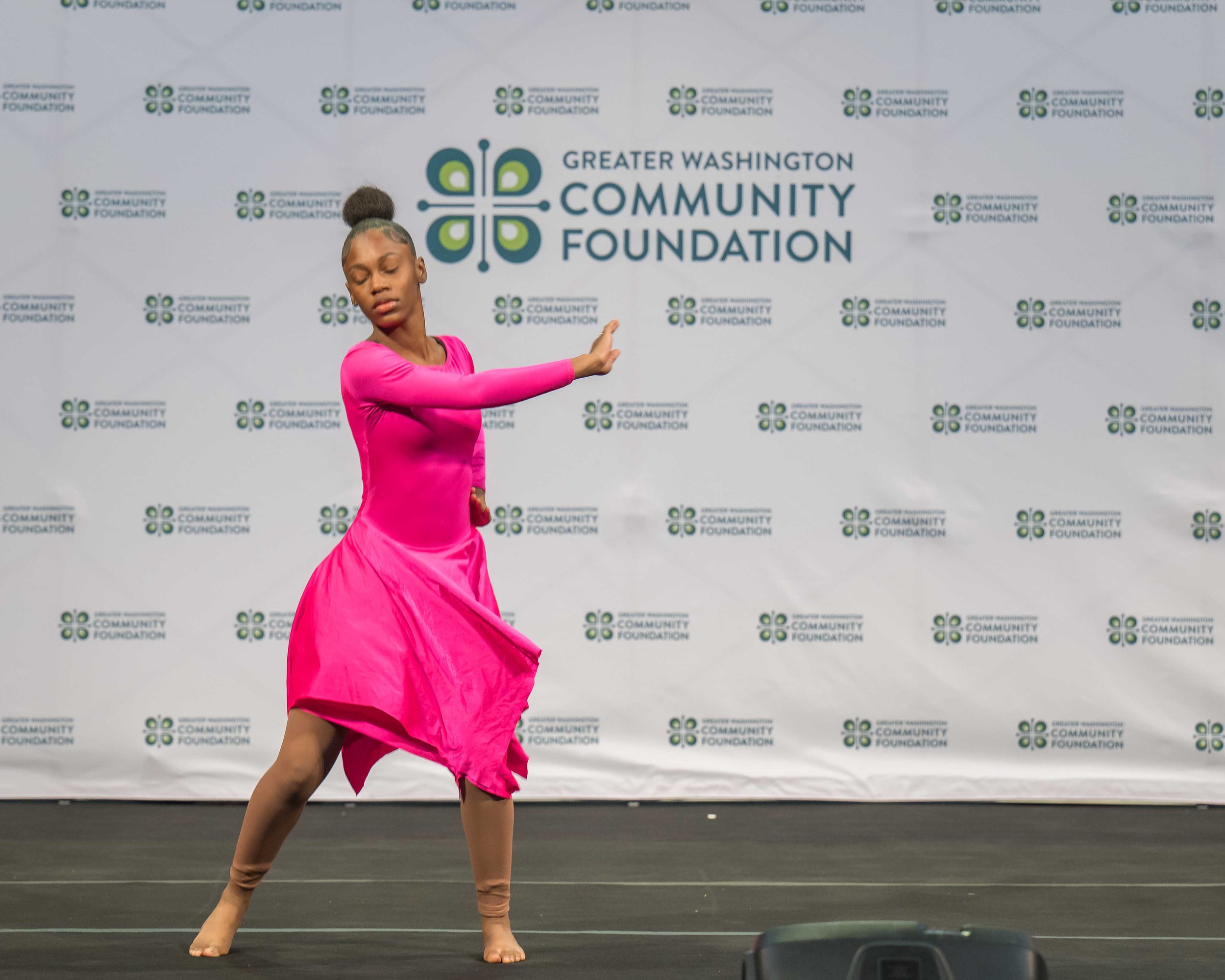
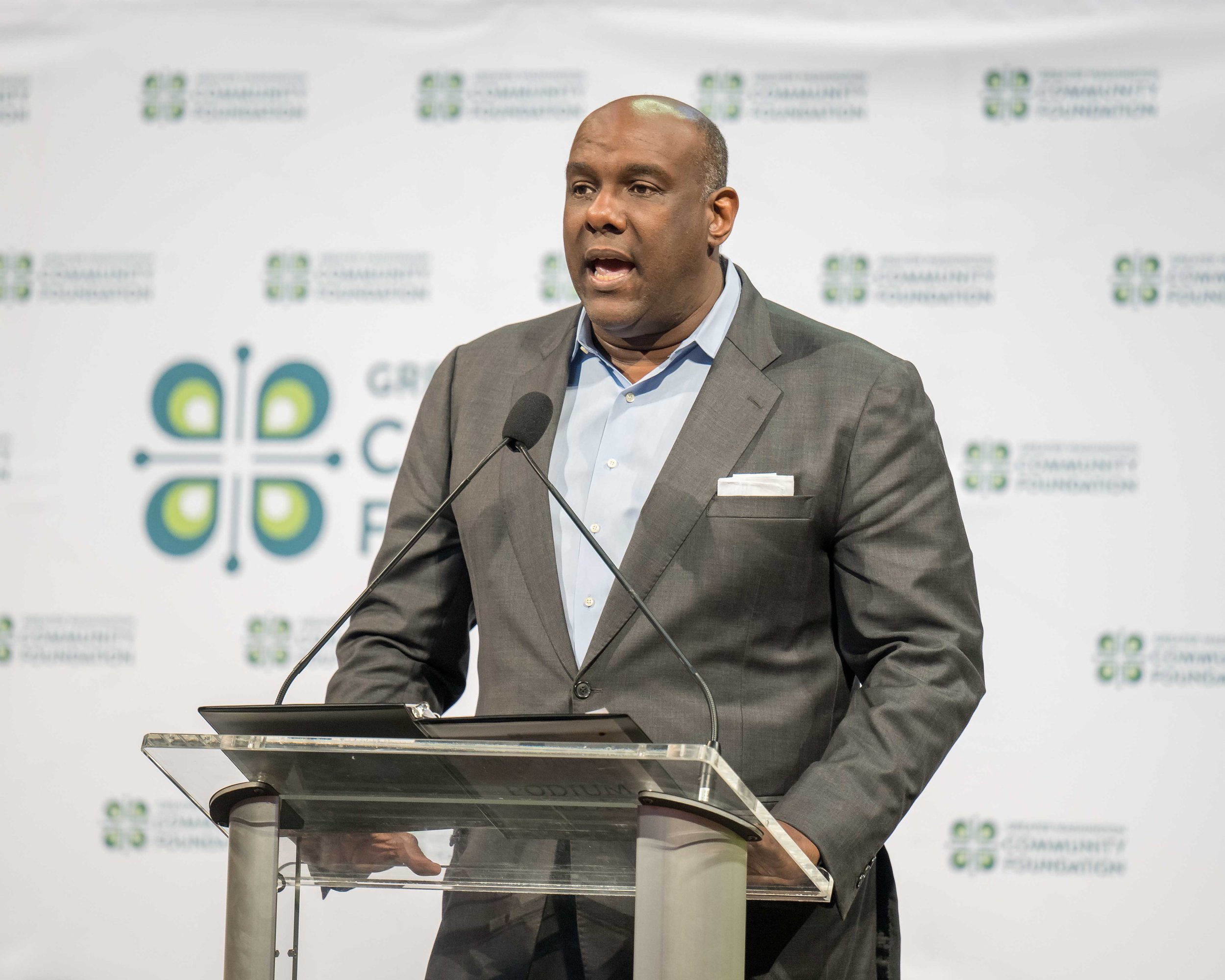
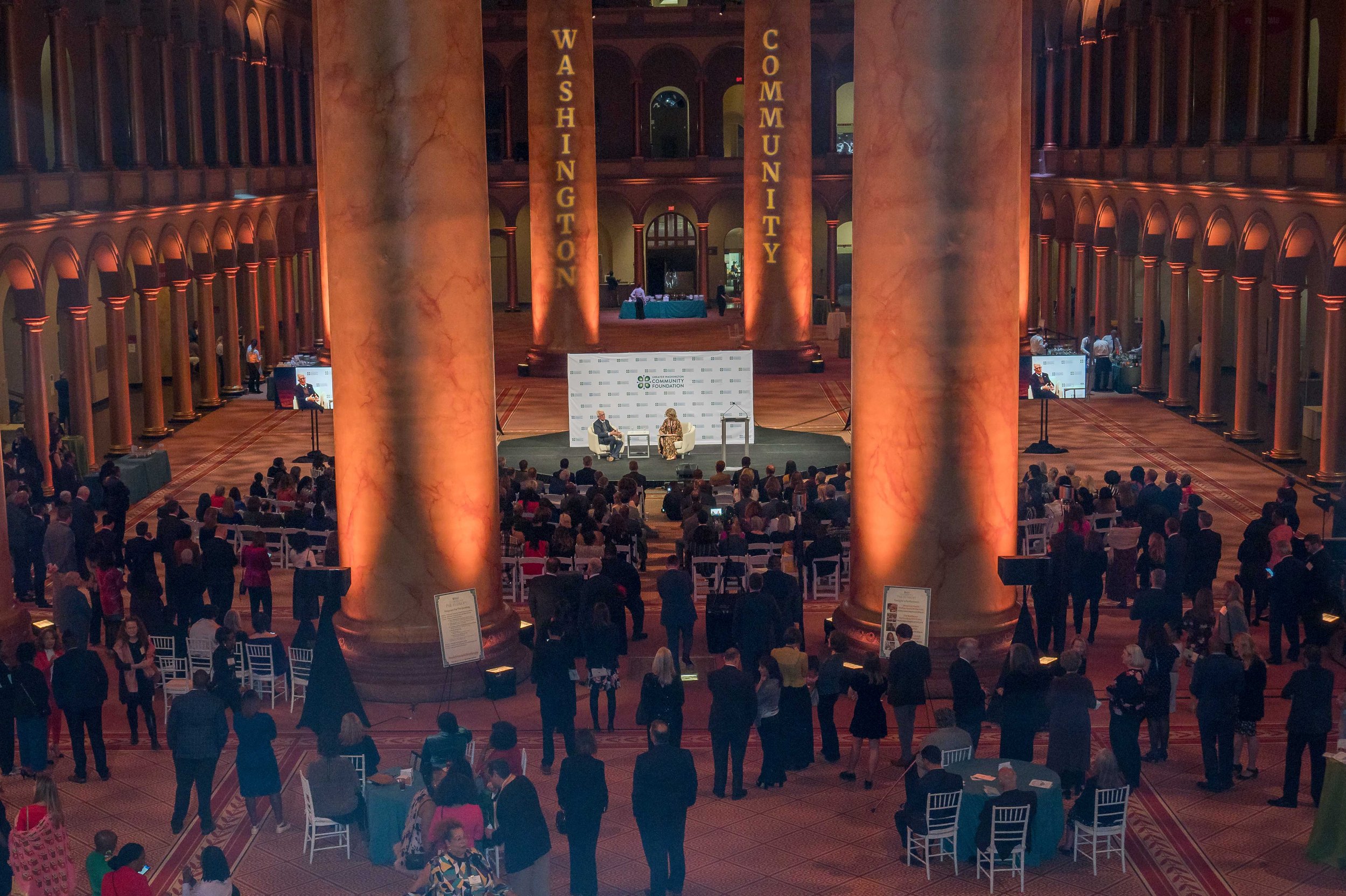
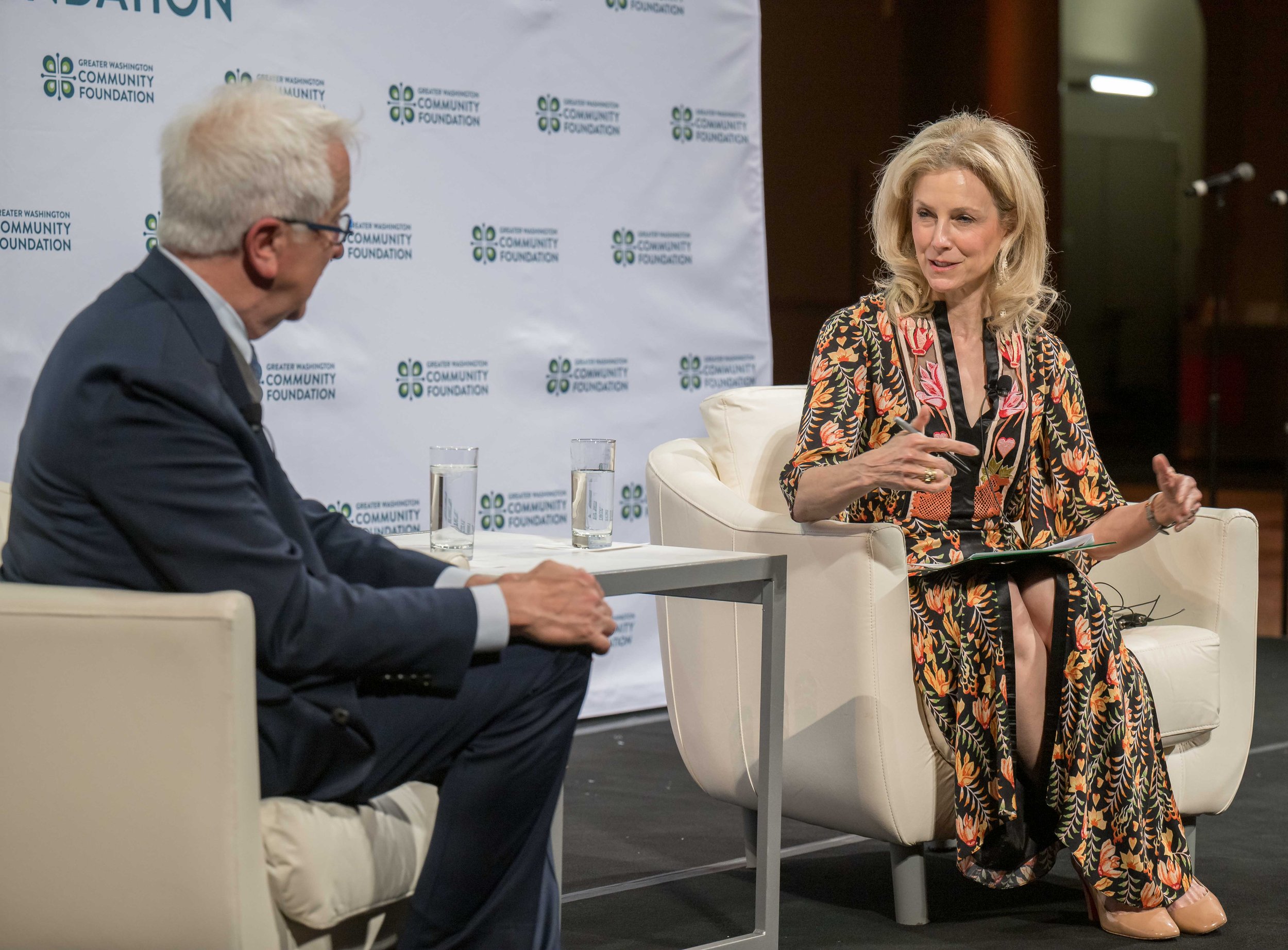
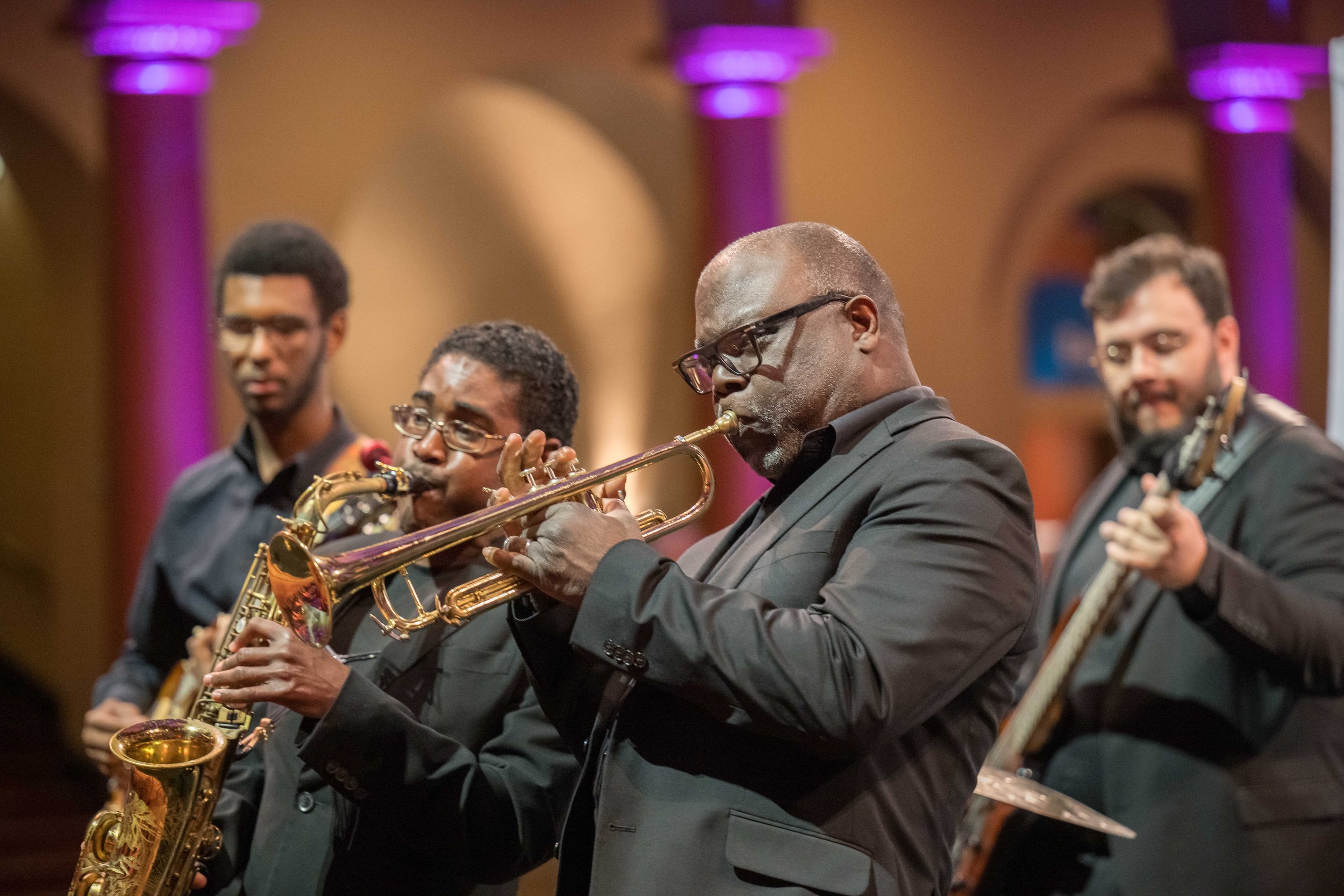
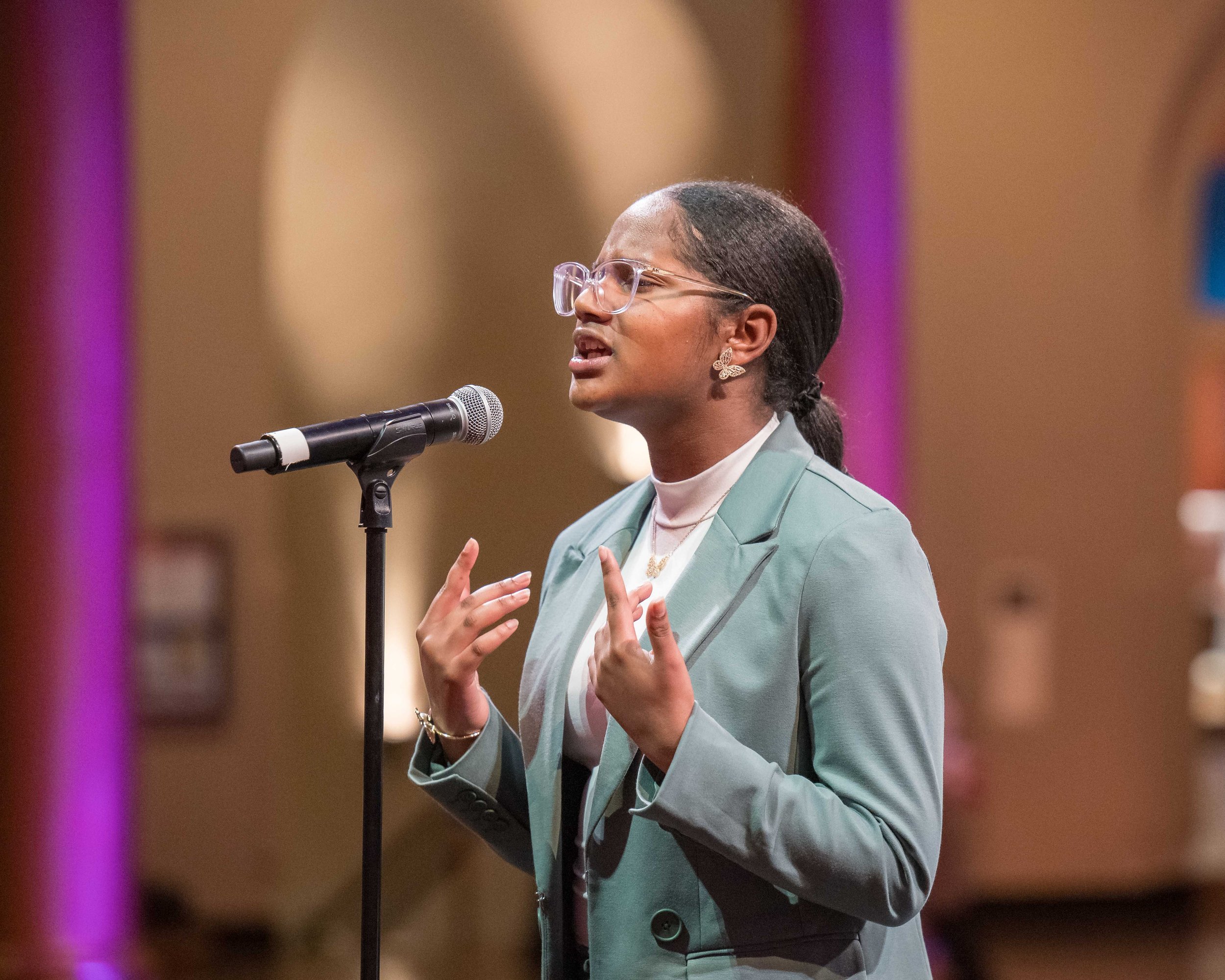
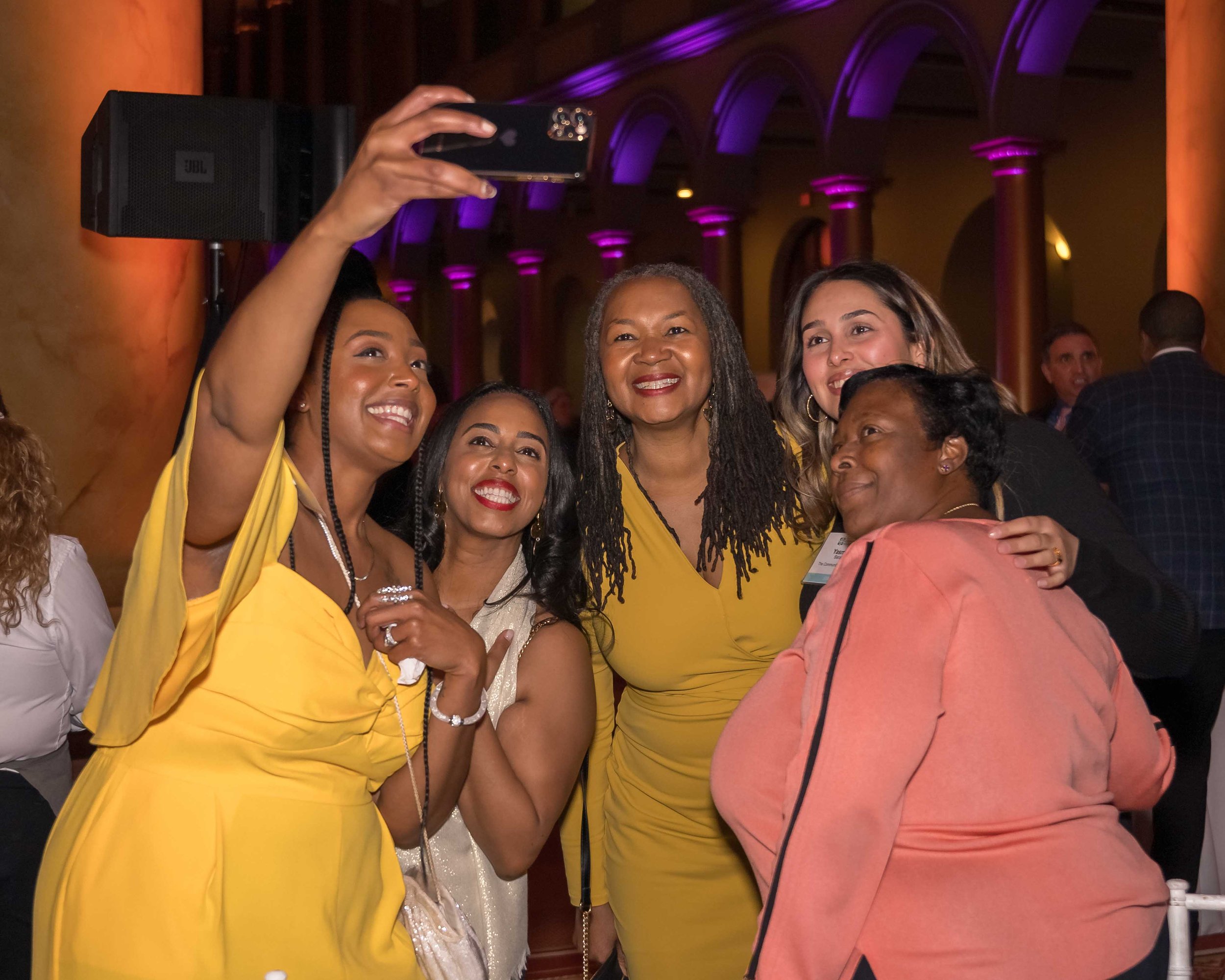
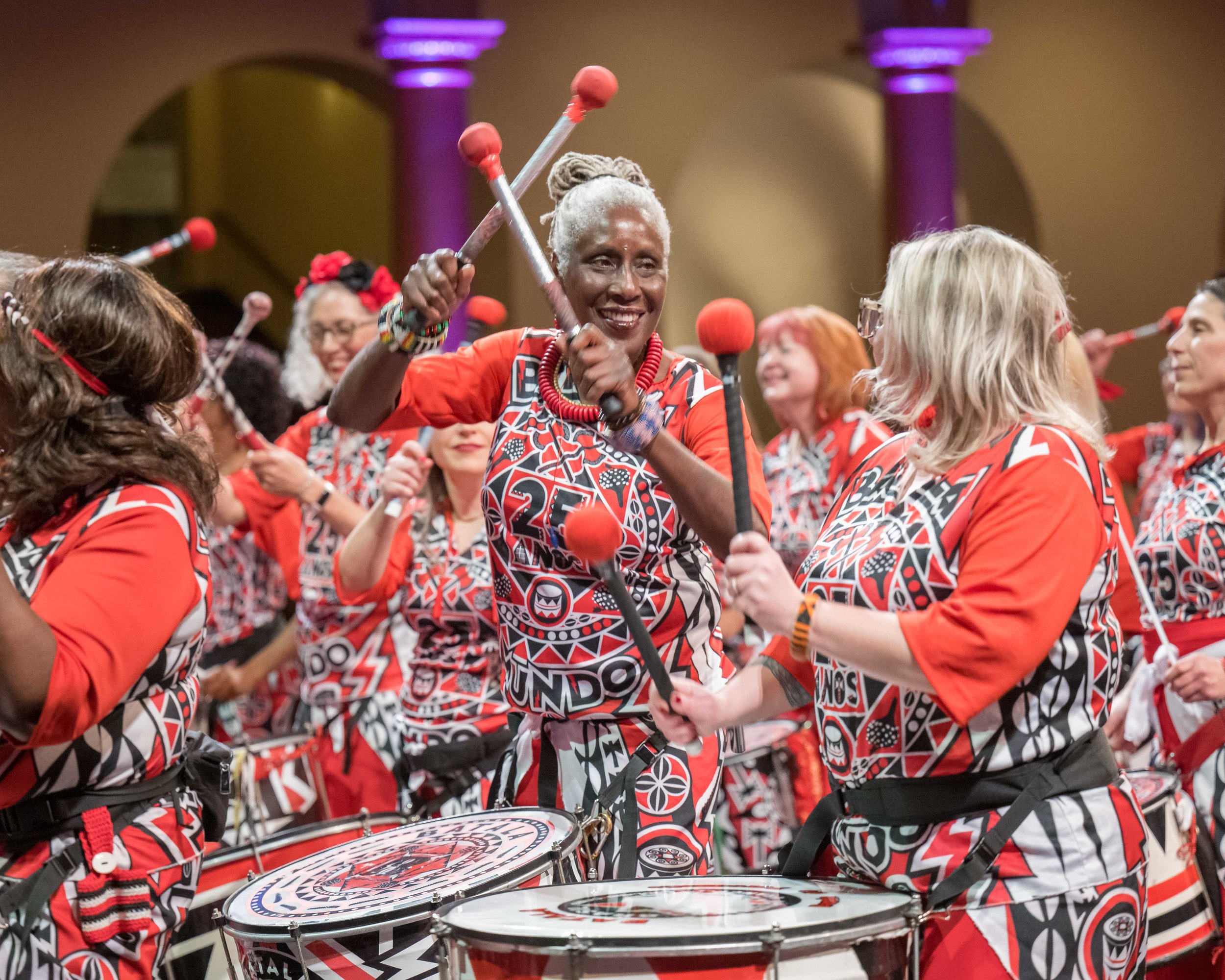
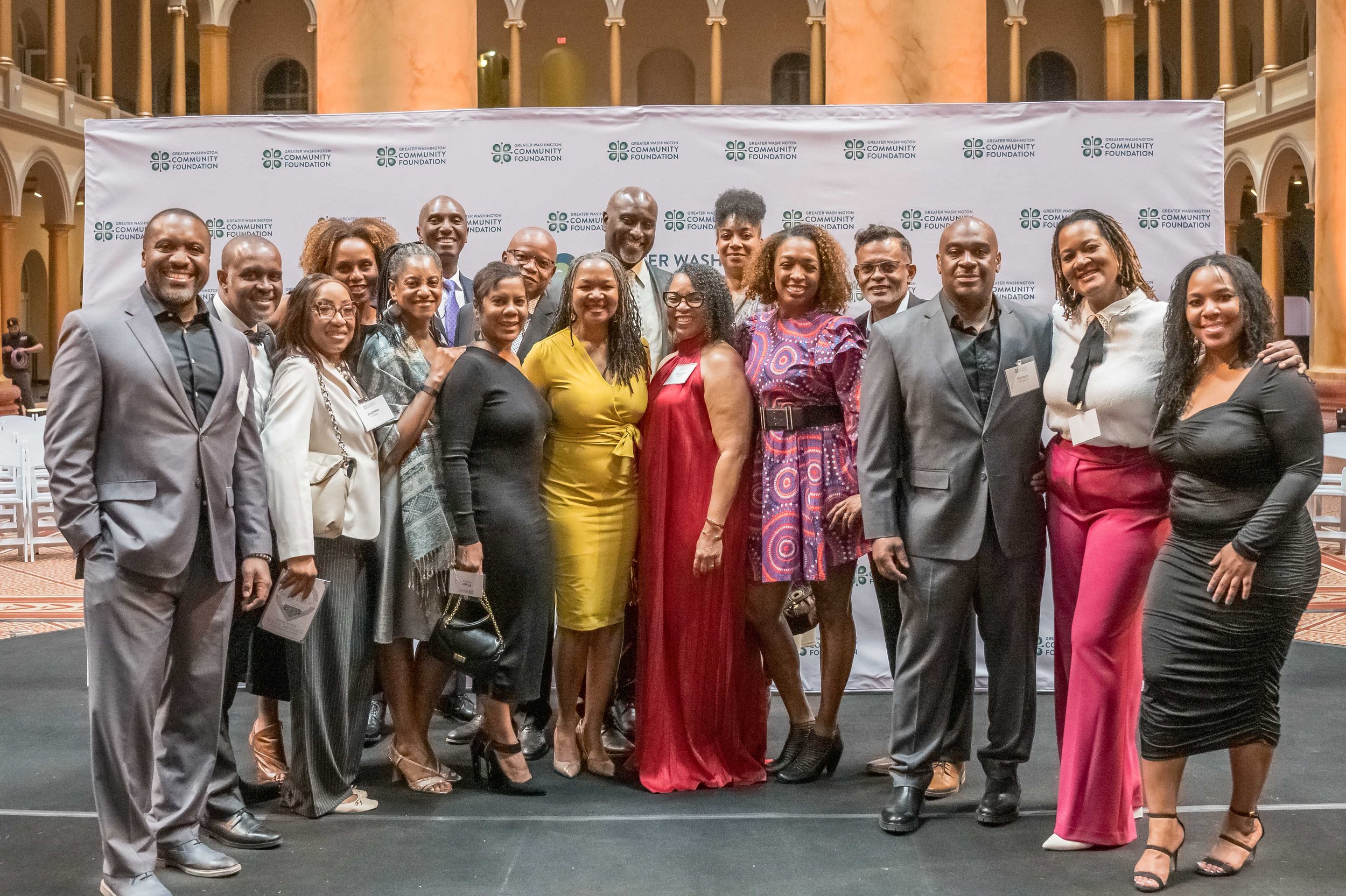
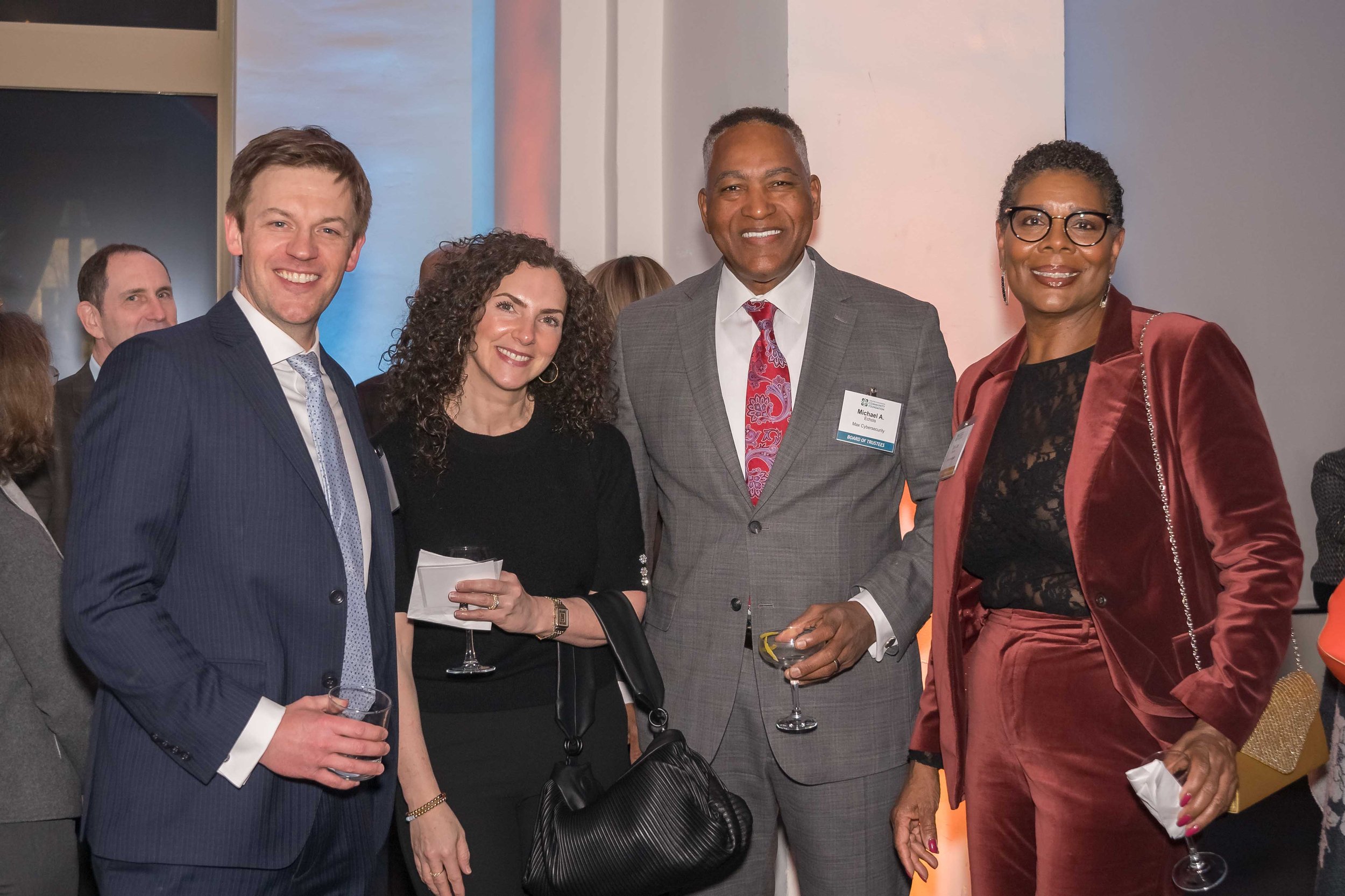
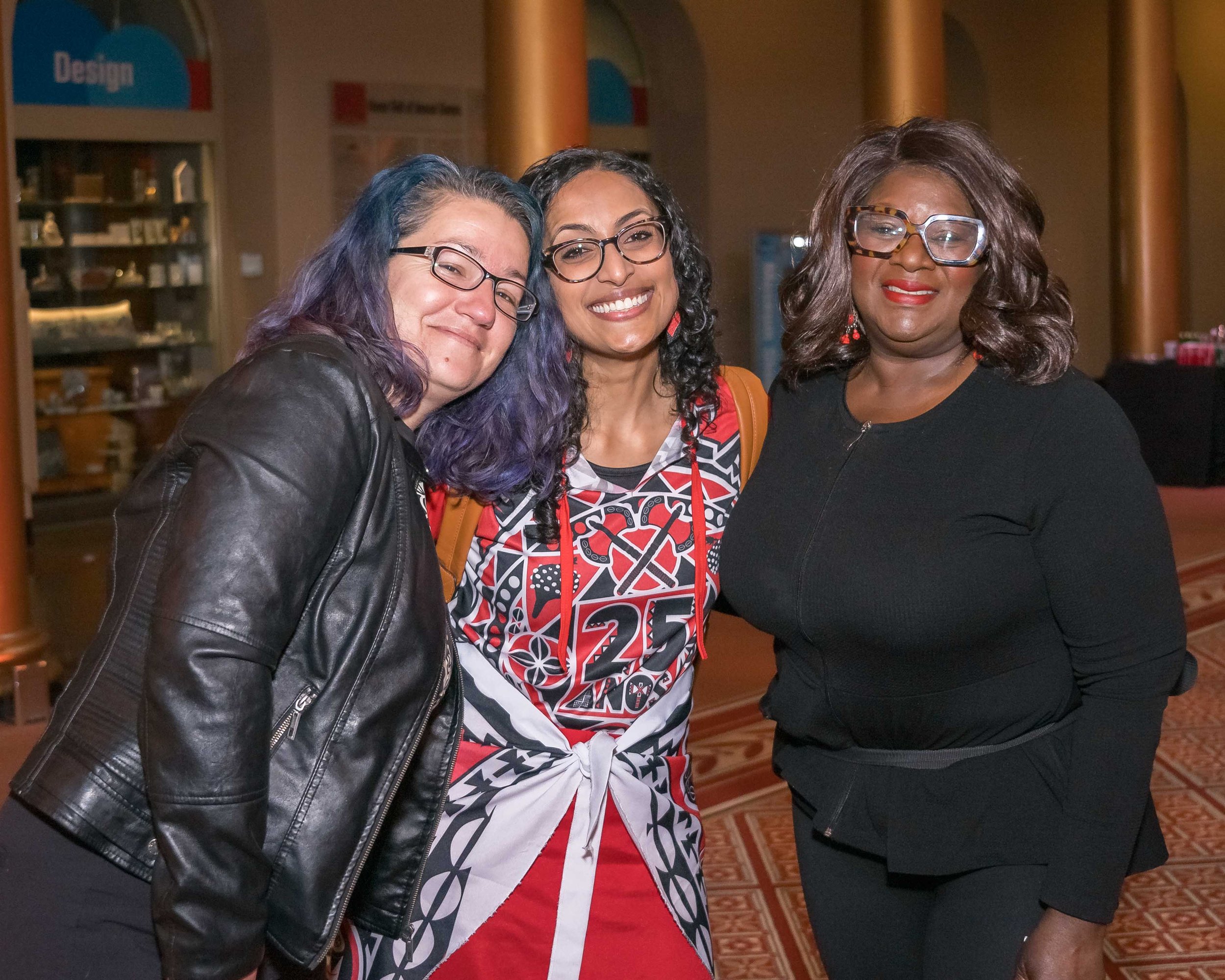
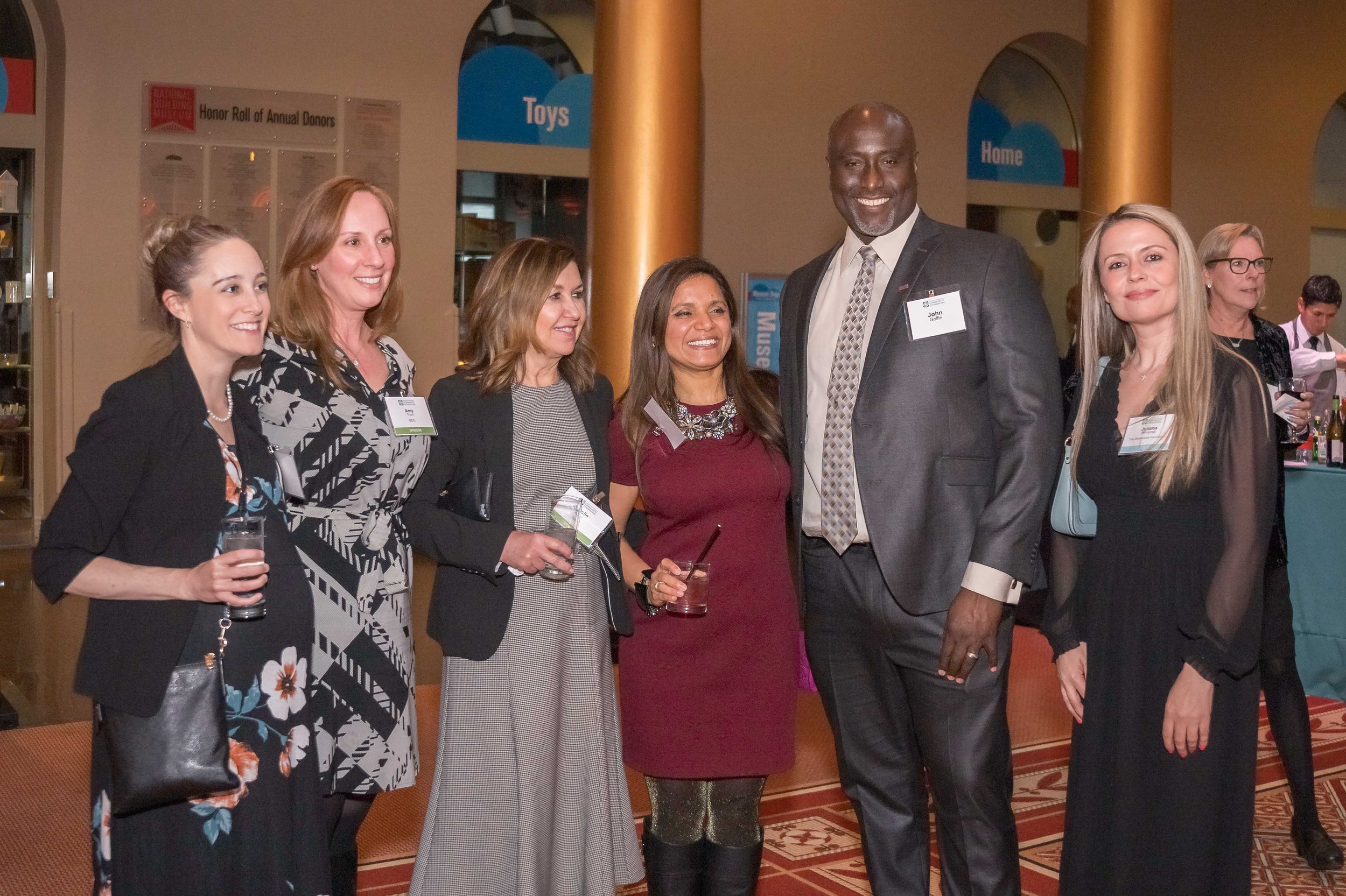
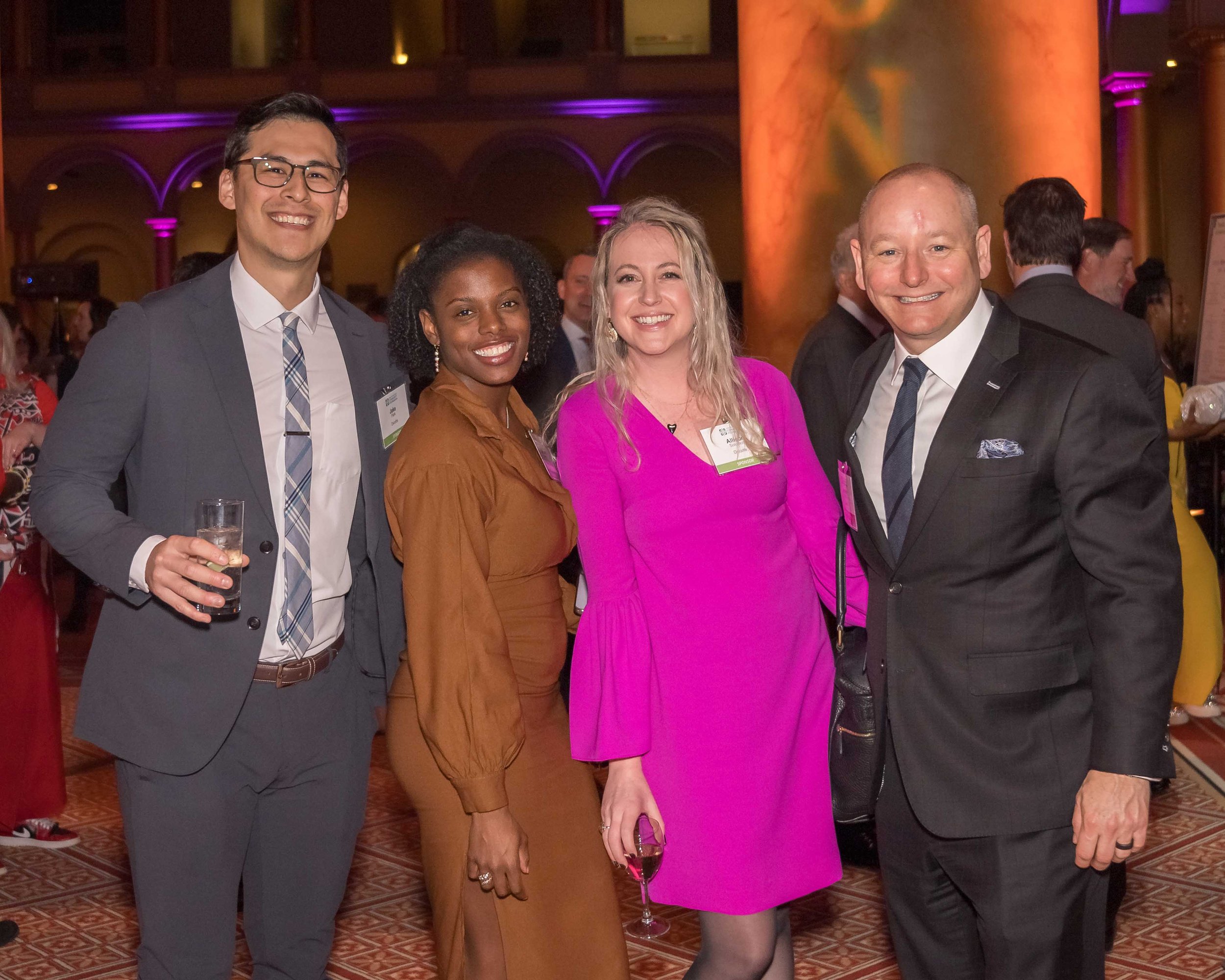
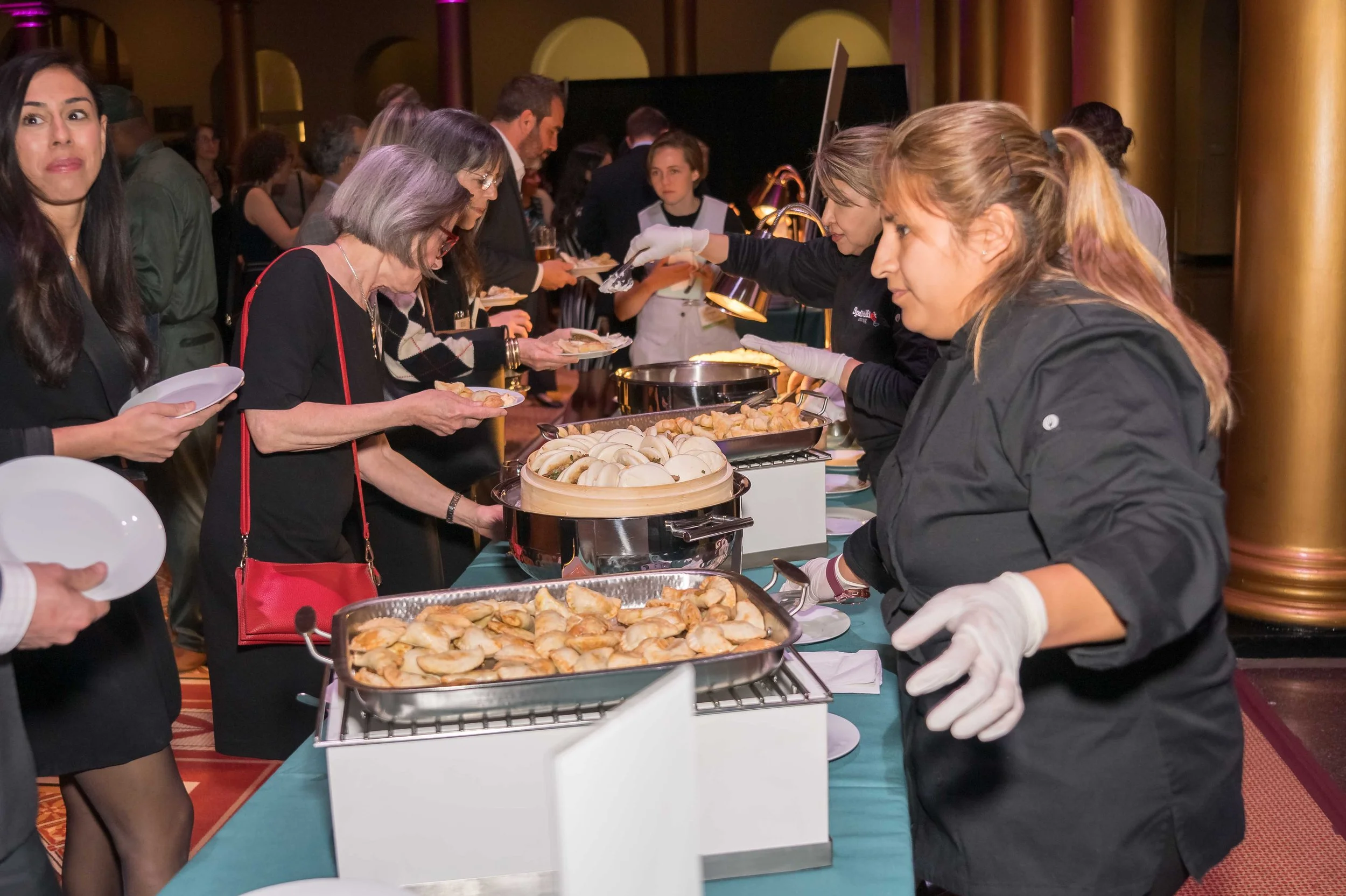
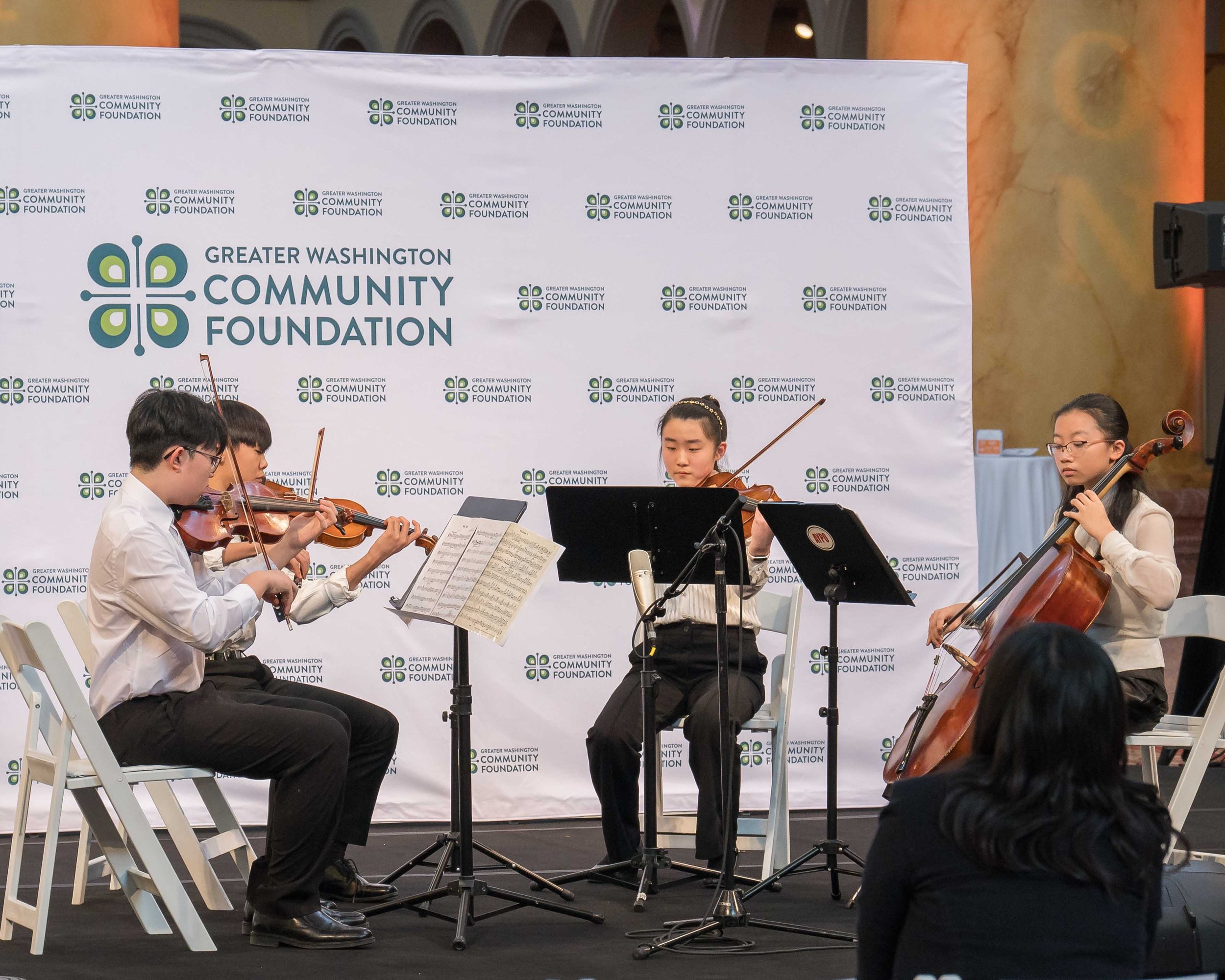
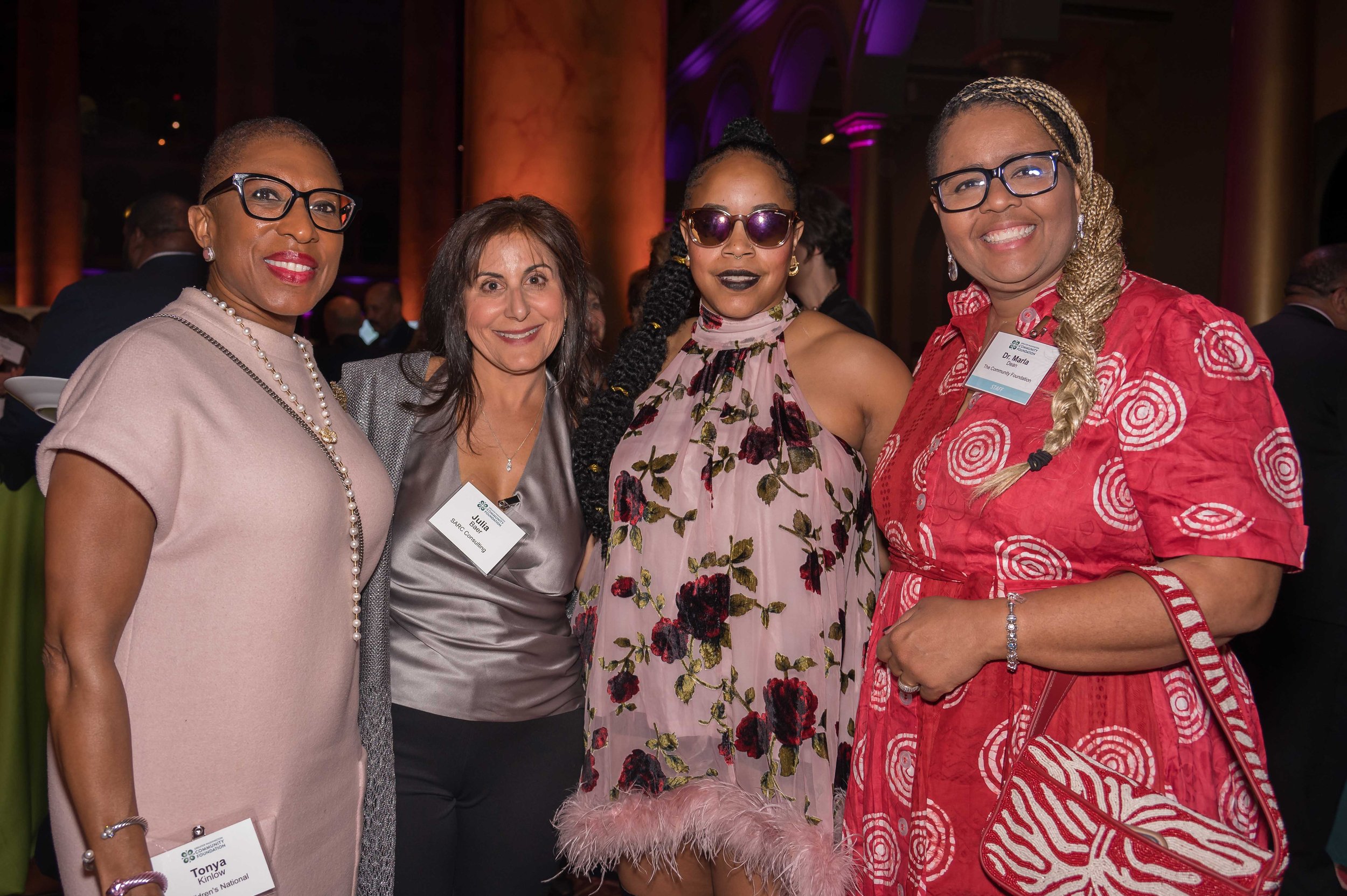
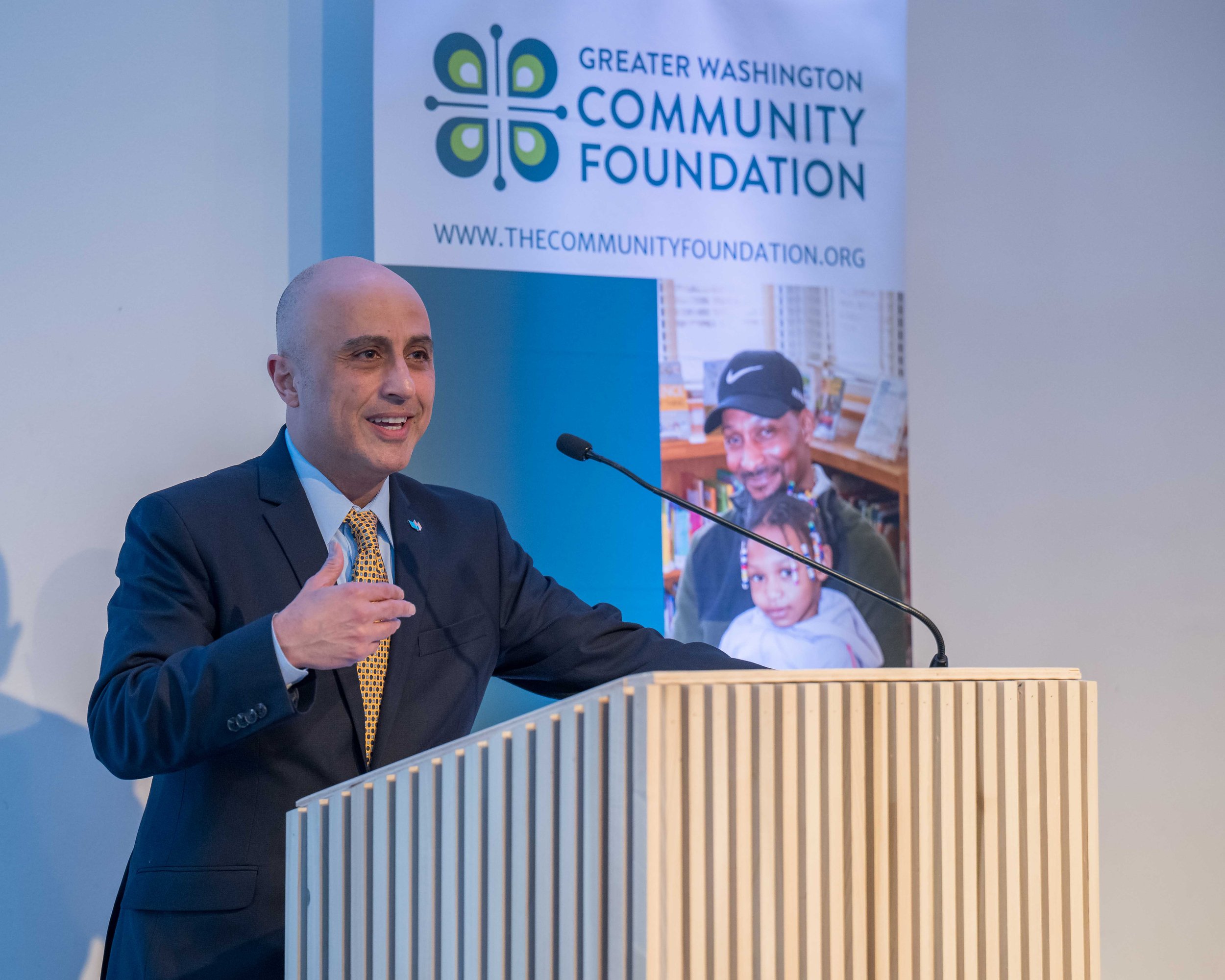
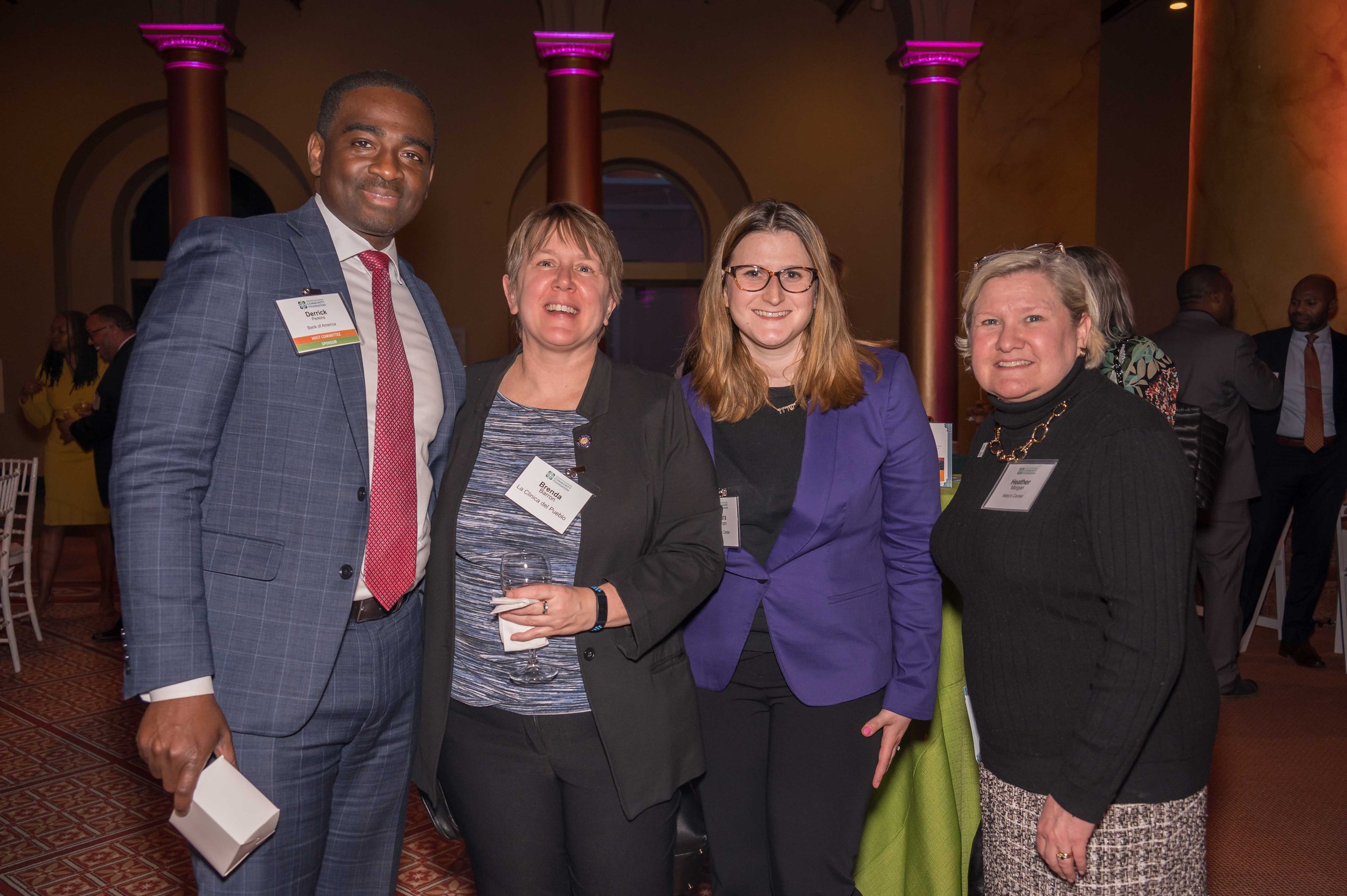
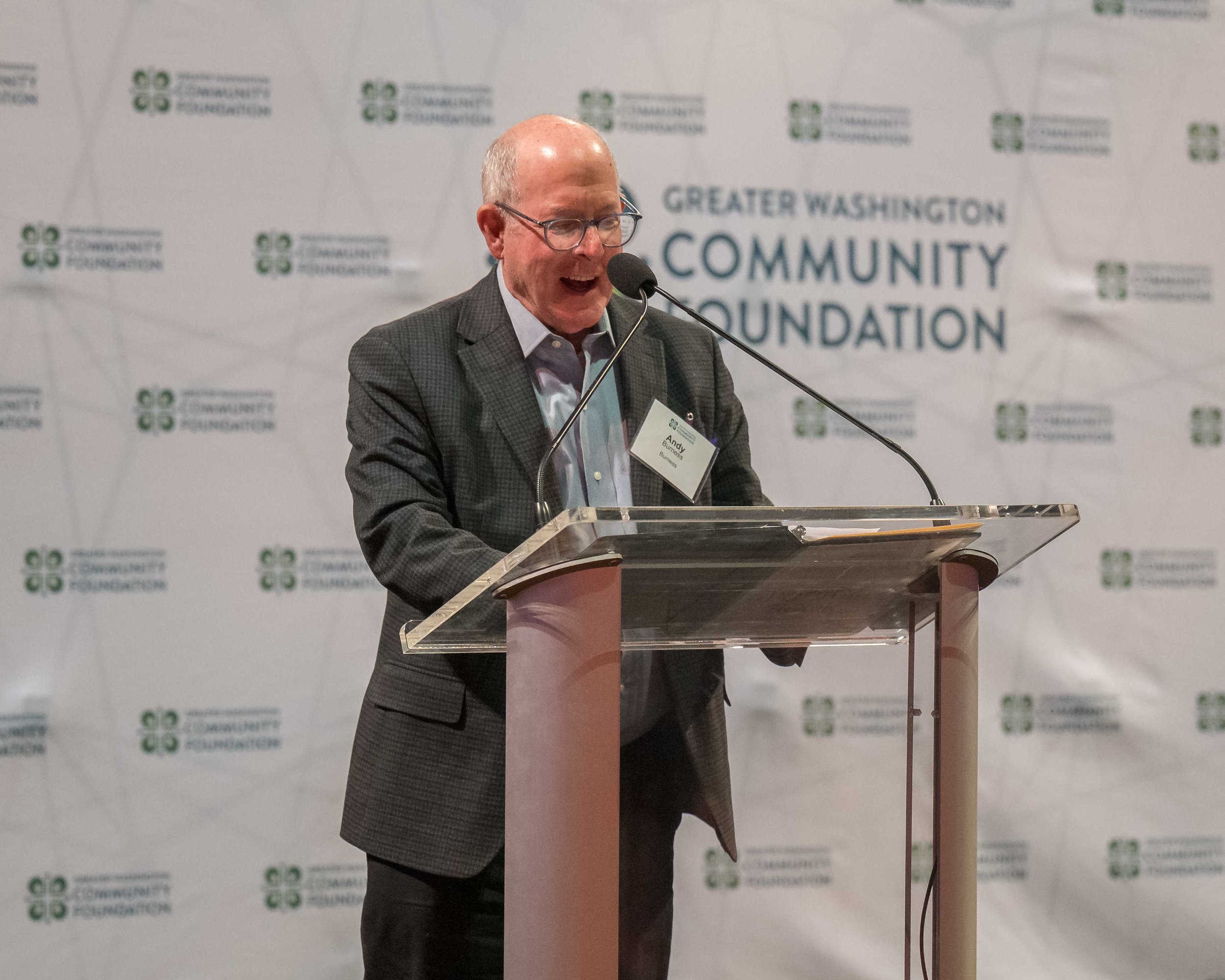
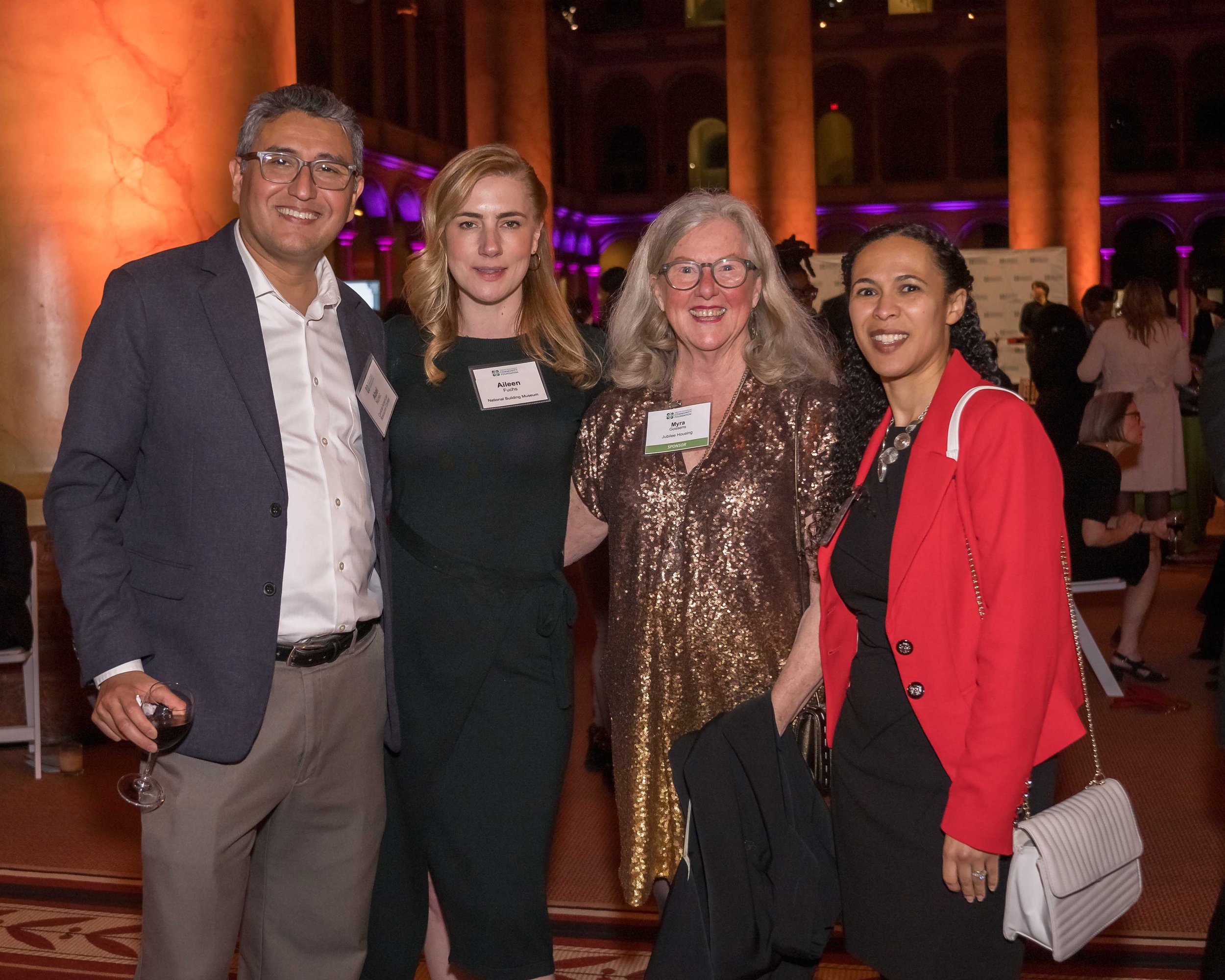
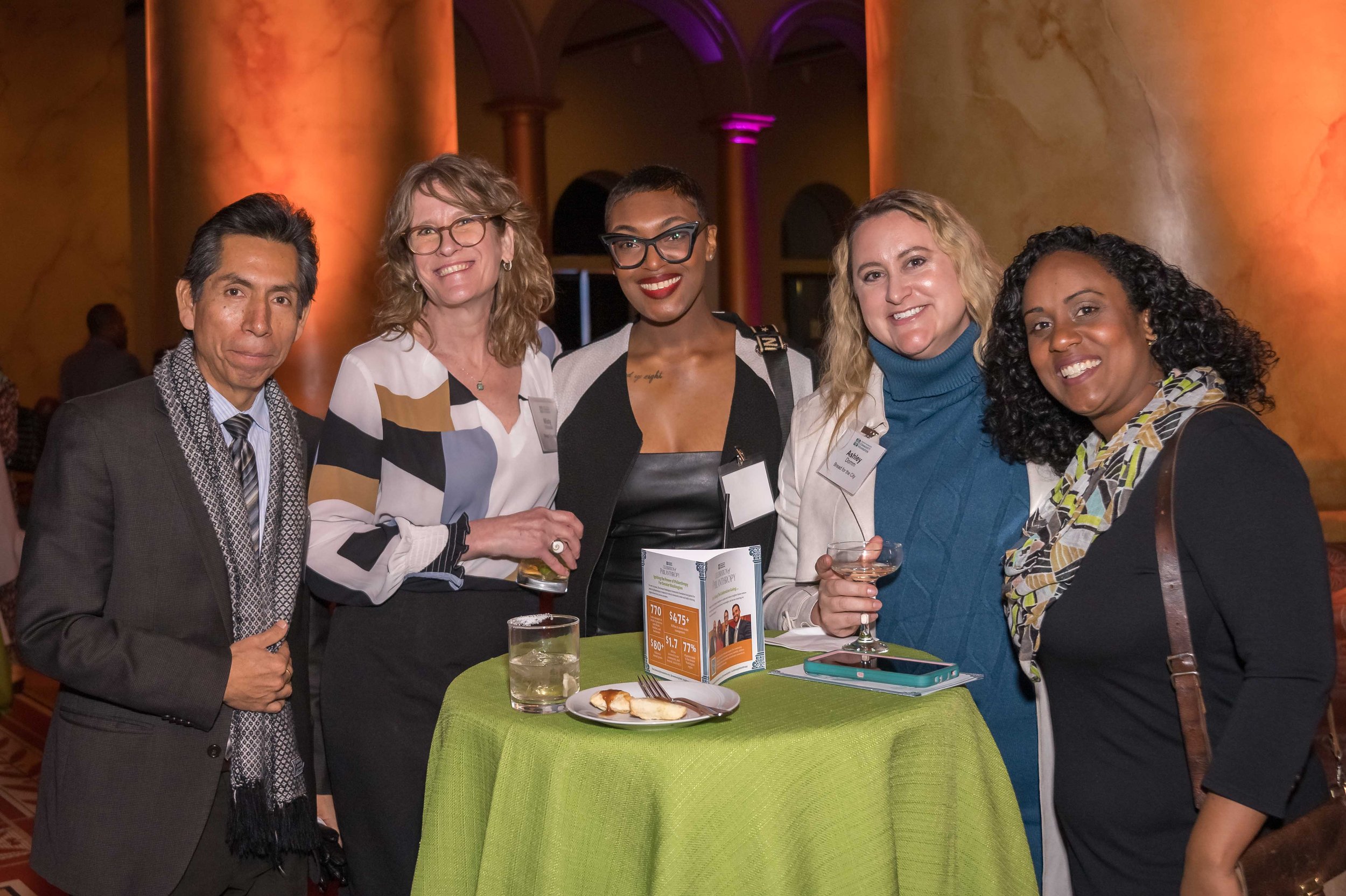
Special thank you to the American Youth Philharmonic Orchestra, The Northeast Performing Arts Group, the Prince George’s Arts & Humanities Council and Youth Poet Laureate Saniya Pearson, the Montgomery College Jazztet, and Batalá Washington for sharing their time and talents with us.
We’d also thank the many friends, community partners, and sponsors, who’s generosity made the event possible – with special recognition to the Smart Family Fund, Capital One, CareFirst BlueCross BlueShield, National Capital Bank, Brown Advisory, The Cliff & Deborah White Family Foundation, Decker Anstrom & Sherry Hiemstra, Sterling Speirn & Diana Aviv, The Norton Foundation, and the Shoenberg Family Fund.
We’d also like to thank our 2024 Celebration of Philanthropy Host Committee – especially David Bradt, Diane Tipton, and Rachel Kronowitz who served as Host Committee Co-Chairs -- who contributed time, talent, and treasure to make this event a memorable evening for Alex and for our community.
Click here for a complete recording of the 2024 Celebration of Philanthropy Program. For more photos from the 2024 Celebration of Philanthropy, check out our SmugMug Album!




